That said, when a call came in this afternoon and the caller left a voicemail, the last thing I needed was the message this rude person left, which you can hear for yourself below.
Your entitled, bratty, abusive attitude is especially galling in light of the young couple with a months-old infant who skipped church this morning to make the drive from Gainesville, GA—a day trip for them, in effect— to bring me a severely neurologic gosling that they knew from the outset might not make it. He’s still with us, barely, but it’s honestly not looking good. THESE people have my undying thanks for doing the right thing without hesitation.
And just now a mother and daughter from near the same region called about an unnested robin. I was able to give them emergency care advice and the number for WREN, a volunteer transport network, with the warning that WREN might not have people in their area. At the moment, their plan is to bring me the bird themselves, a six-hour round trip, in the morning if he survives the night. They were tearfully grateful that I returned their call and was “so nice”—apparently they’d been down the very short list of songbird rehabbers for the entire state, and I was the only one to return their call…which leads me to yet another rant, this one addressed to my colleagues.
Look, people, if you want to be treated like a professional, ACT like a professional. If you’re at capacity, change your voicemail message to indicate it so people don’t expect a call back. If you’re out of town—although God only knows how you manage THAT during baby season—indicate this on your voicemail message. Rehabbers struggle enough as it is with a public—and too often, official—image that we’re just eccentric do-gooders who like “playing” with animals. That image will never change as long as we as rehabbers don’t act like the trained professionals we’re supposed to be. This ain’t rocket science, people; it’s just basic common sense.
And now let me explain a few things to the unenlightened among you. First, rehabbers DO NOT receive state or federal funding for our efforts. Most of us have JOBS that do not allow us to traverse the state to pick up wildlife. If a rehabber is running all over the state to pick up wildlife, the wildlife in his/her care is left to fend for itself until s/he returns. In the case of birds that require half-hourly feedings, that means missing multiple feedings if the pickup is several hours away. This endangers the health and survival of those birds. Further, the money spent on gas could be better used to feed the wildlife currently under care, as funds are always limited.
In my situation, as apparently the only licensed songbird rehabber in the state still accepting birds, it is physically impossible for me to drive all across the state to pick up birds. I cannot load up 40 birds and take them with me; I have a paying job to maintain; and, as stated above, currently, I have a family crisis situation with my father. I’m also one of the few raptor rehabbers in the state still accepting birds—same scenario.
To be clear, I don’t do this for public acclaim, and I normally let abusive bitches like this one roll off my back. But this one today, on top of the family situation, was just one bit of abuse too much, and I needed to vent my frustration and let you hear just what those of us who VOLUNTEER our time and money have to put up with.
There are, fortunately, more decent people out there than there are jackasses, but the jackasses are the ones that leave rehabbers questioning whether their efforts are worth the abuse. Most of us tough it out, but I want y’all be aware of what we put up with and why we get so snarky.
Ranting done, we’ll move on to an abbreviated update, as I honestly don’t have a whole lot of time and energy at the moment.
Briefly, on the older birds, the barred trio is still in the raptor flight because IT WON’T STOP RAINING. They’ve passed the live prey test if the rain ever stops. Once they’re out the great horned goes in, followed in short order—I hope—by the remaining two barreds, and then all five—yes, FIVE, barnies. More barnies came in week before last.
The neurologic blue jay remained unable to stand properly—severe balance issues—and I ended up having to euthanize him. The poor titmouse also remained unable to fly and required euthanasia.
Three of the four killdeer died or declined so rapidly that they required euthanasia. It’s incredibly frustrating to have four birds in the same enclosure eating the same food, and find one dead and then watch two more decline to the point that you just have to end their suffering, while the fourth flourishes and you have no clue why on any of it.
There were a lot of DOAs week before last, so the missed update would’ve been pretty depressing: a blue jay, a brown thrasher, a house finch, three of a nest of four really ratty-looking blue jays, one of two red-bellied woodpeckers, a robin, and an unidentified hatchling.
Last week, another thrasher came in and while I’m giving him time, he’s probably going to end up requiring euthanasia. His wing was pretty trashed as far as soft tissue; no broken bones.
Four what looked to be mocker hatchlings came in and didn’t survive 24 hours, poor babies, nor did a sweet phoebe who nearly drowned in the constant downpours we’ve been having. Her rescuers got her to me ASAP and she perked up a bit with meds, but died overnight.
A Laurens County Sheriff’s Deputy called midweek about a hawk found in the road in front of his house. Based on his description, it sounded as if the bird had probably just been stunned but I asked him to let me examine it before I okayed a release. He was in fact good to go, and Deputy Sid Harrison sent me the short release video below.
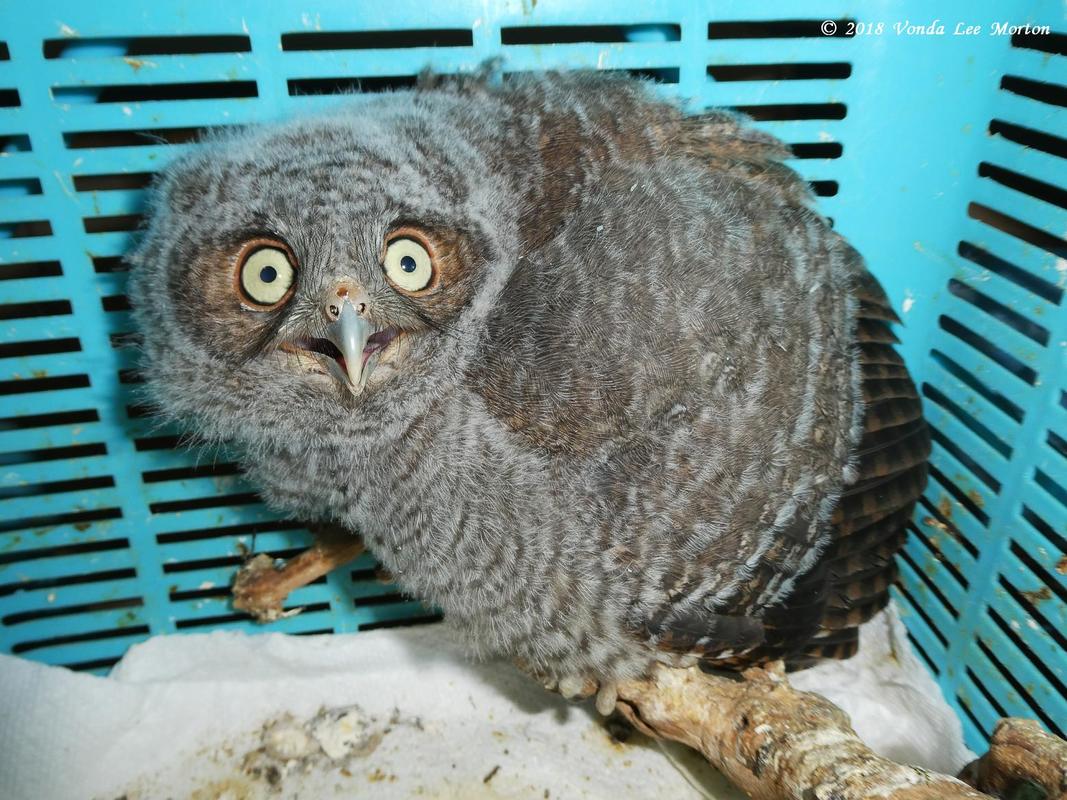
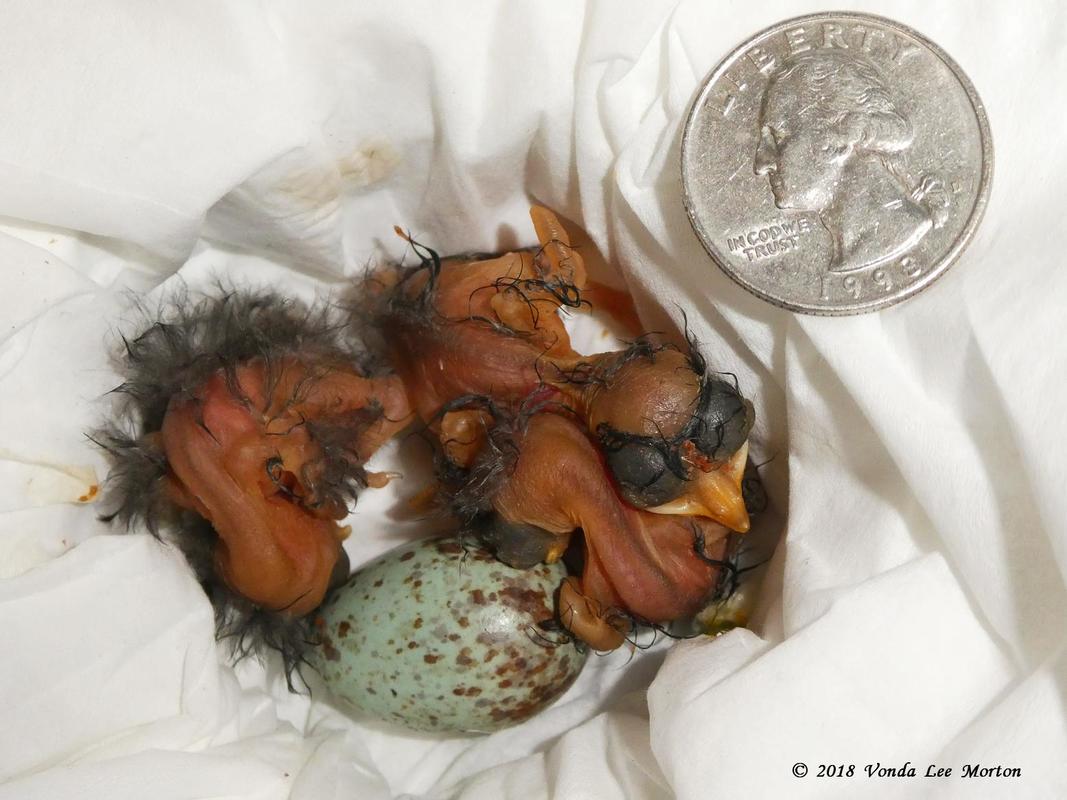
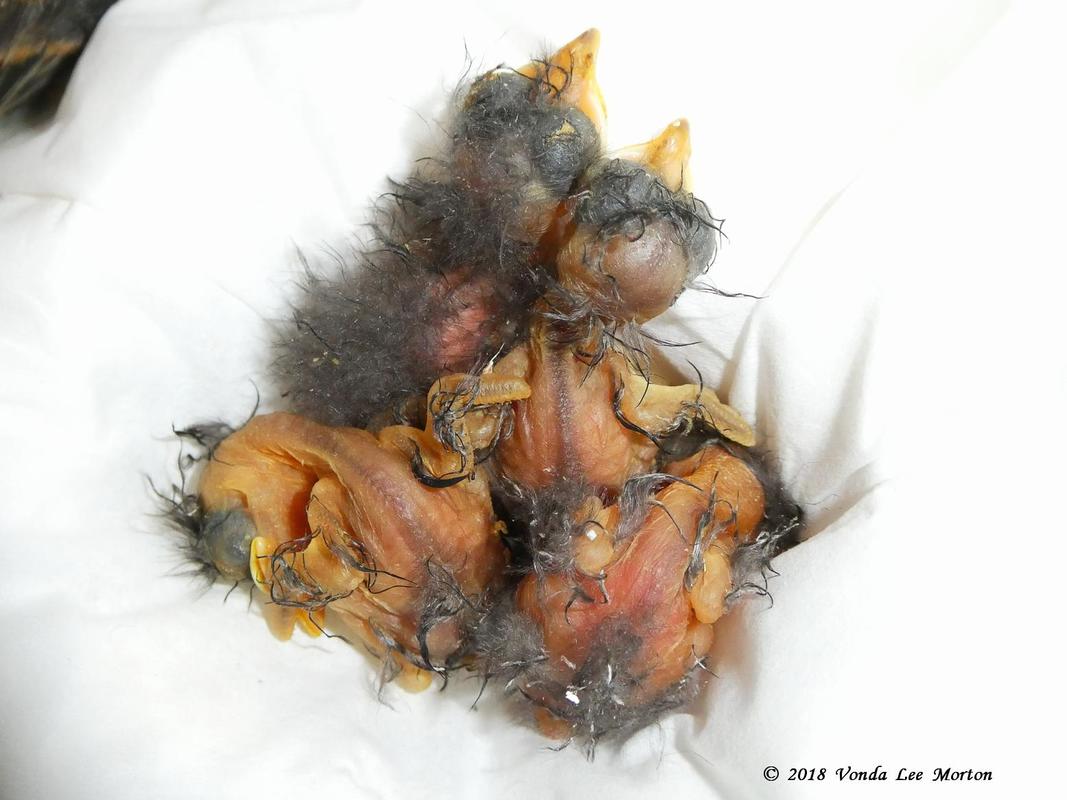
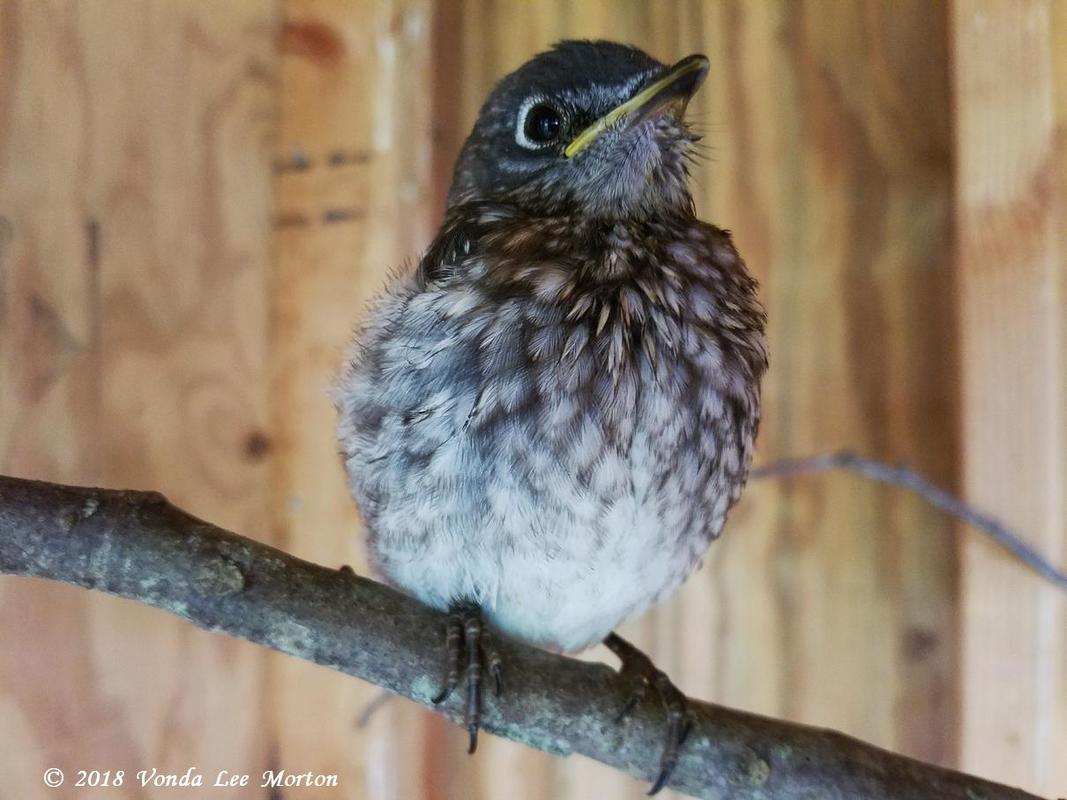
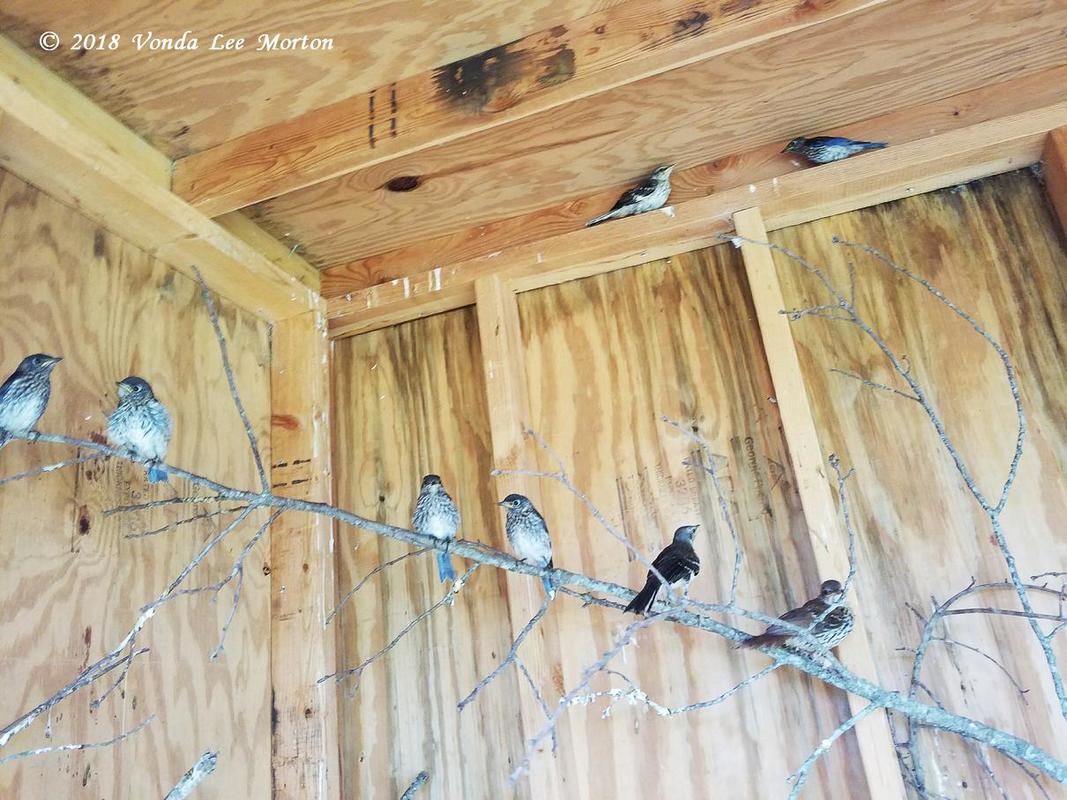
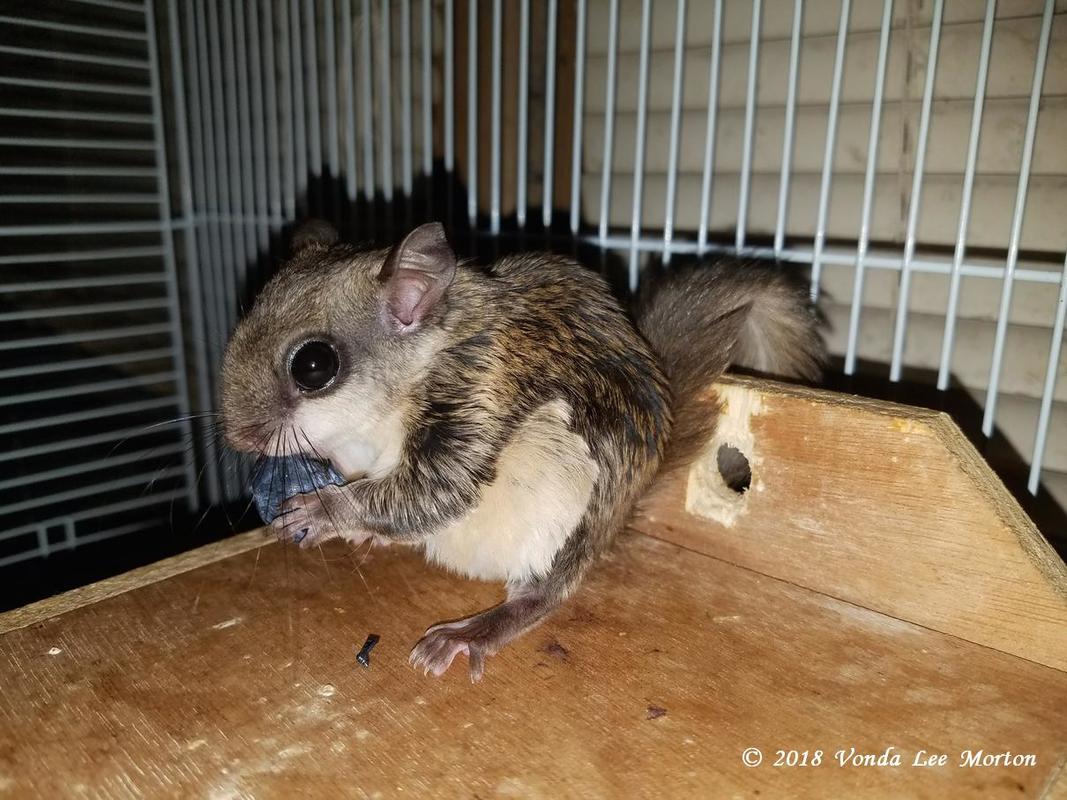
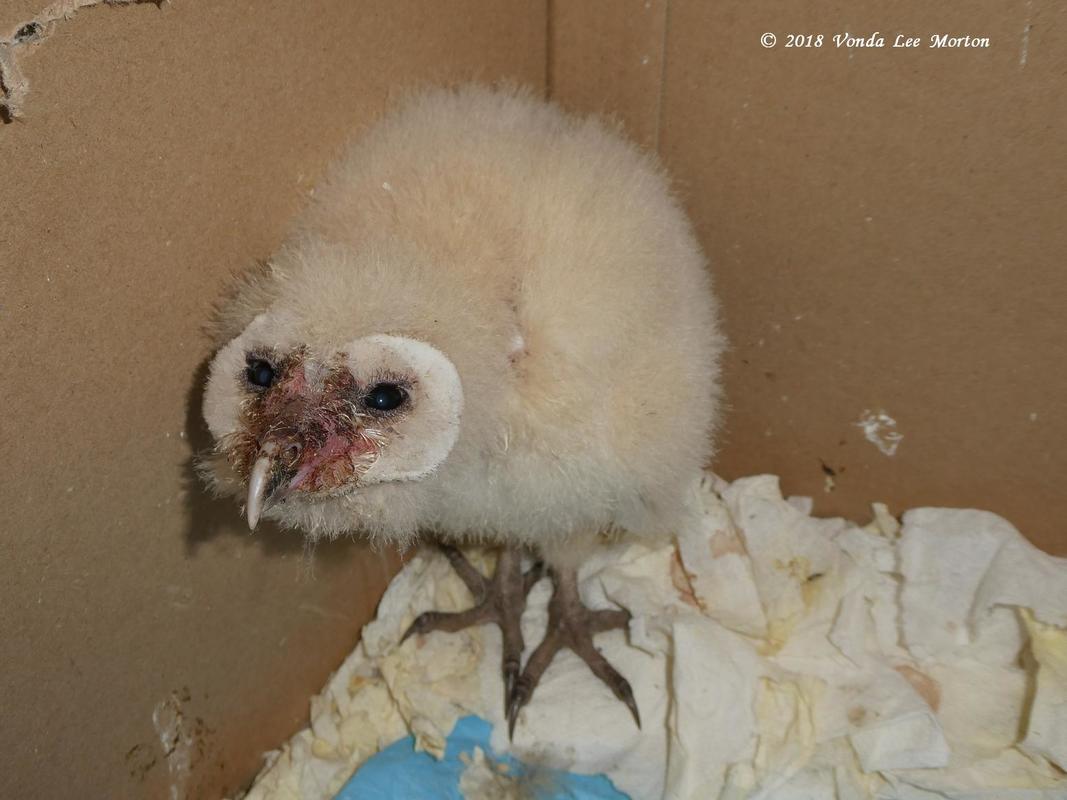
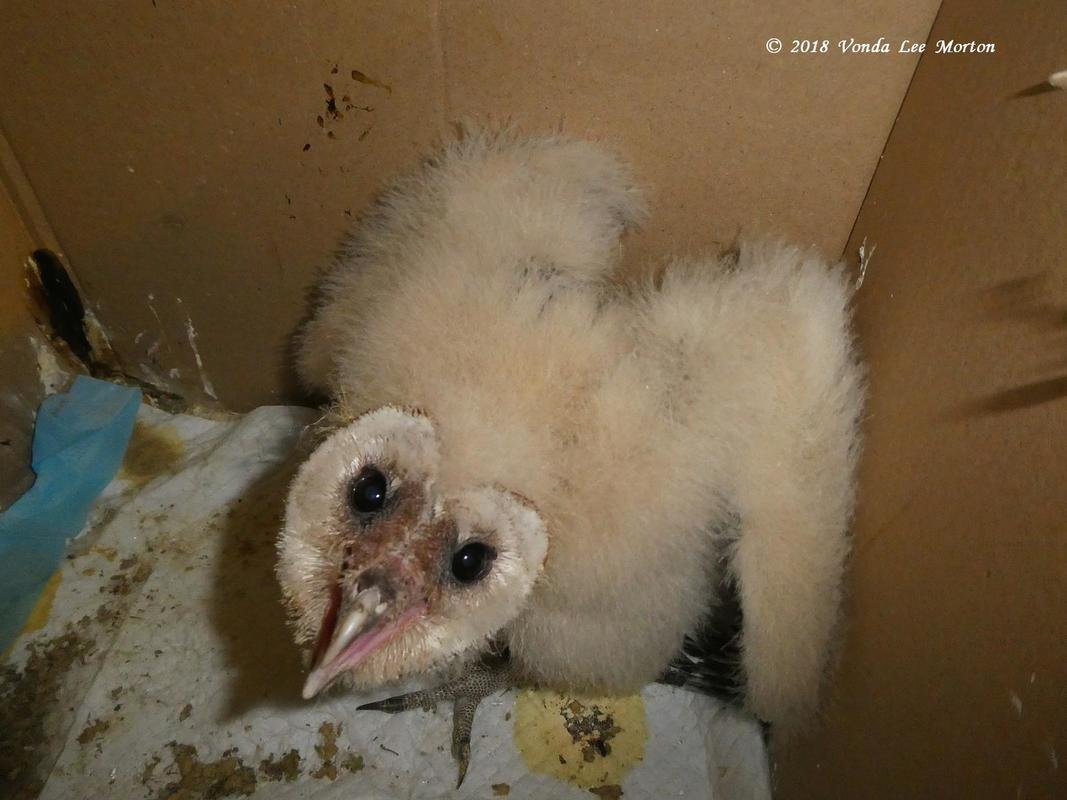
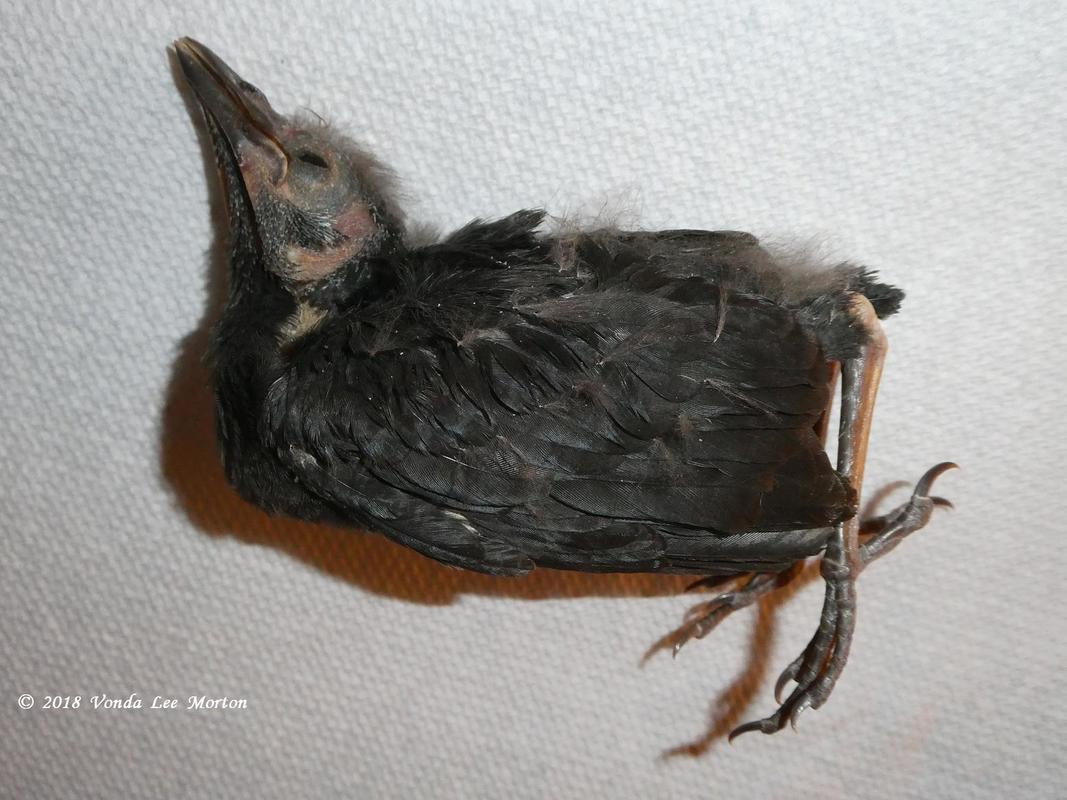
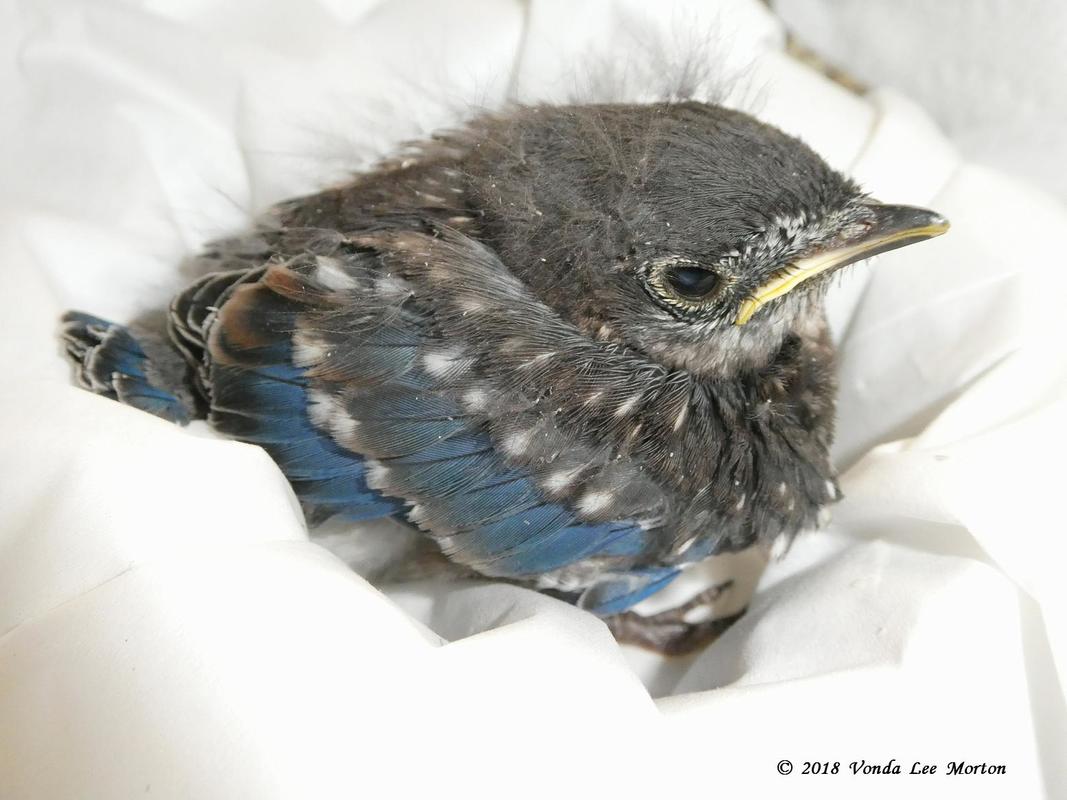
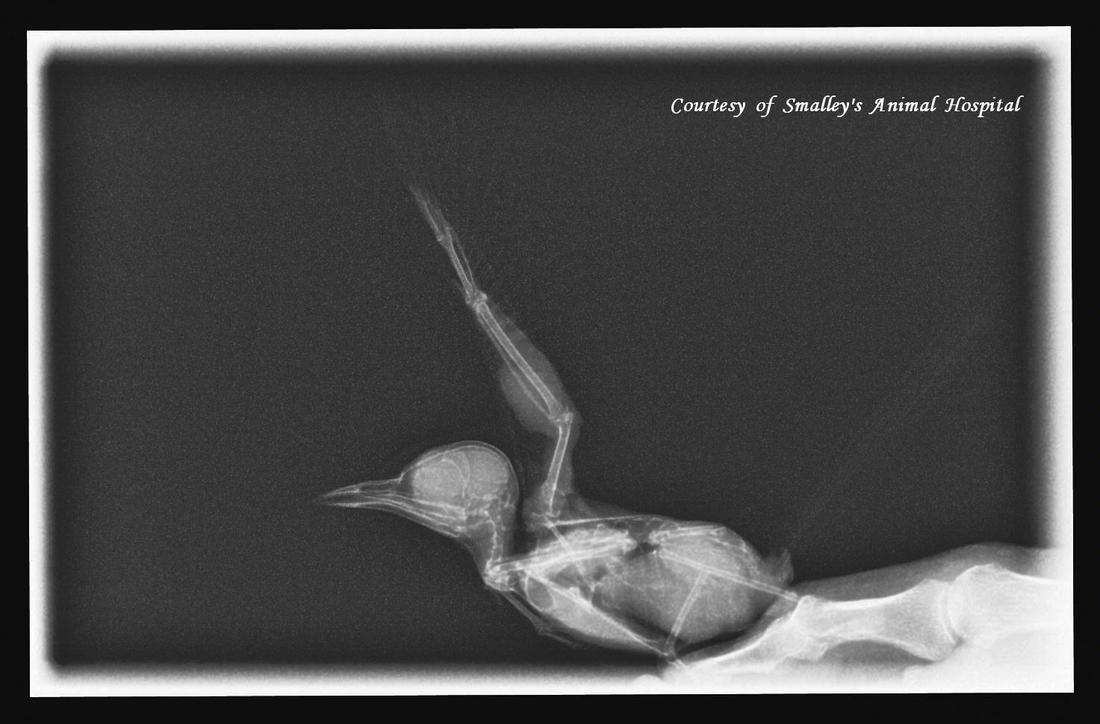
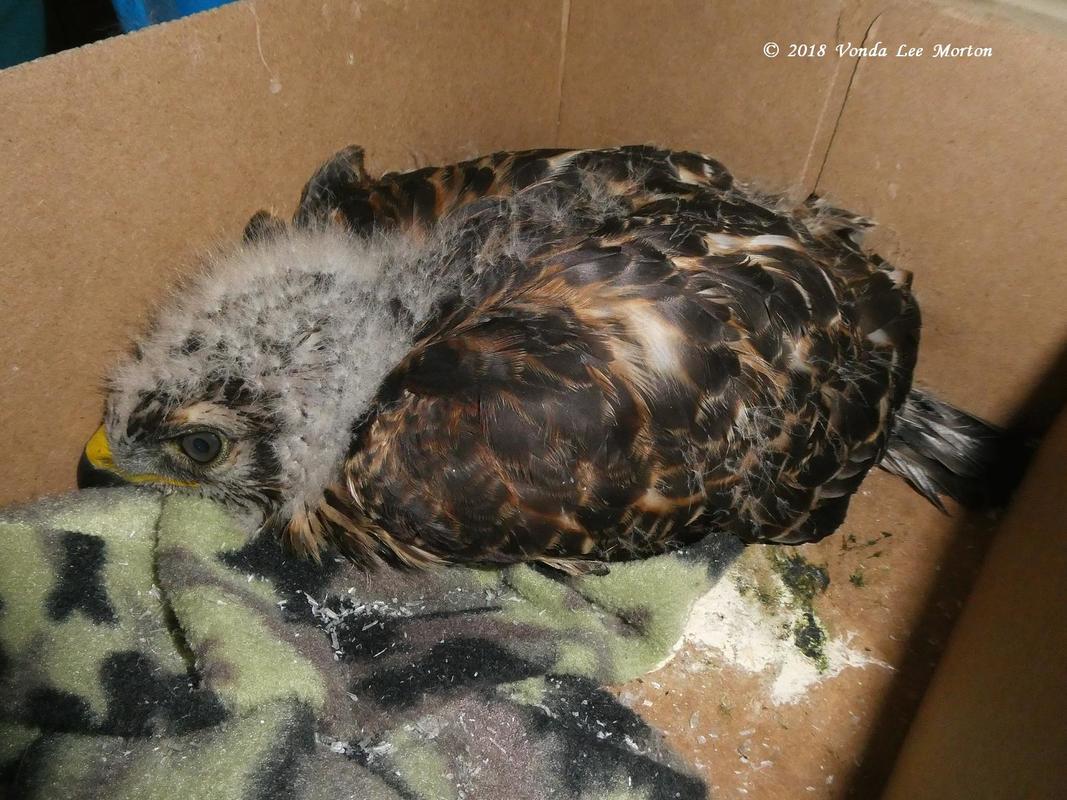
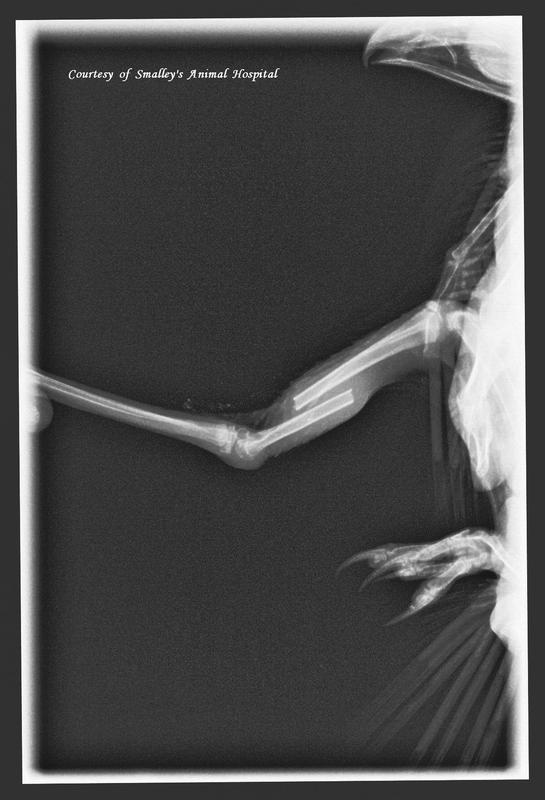
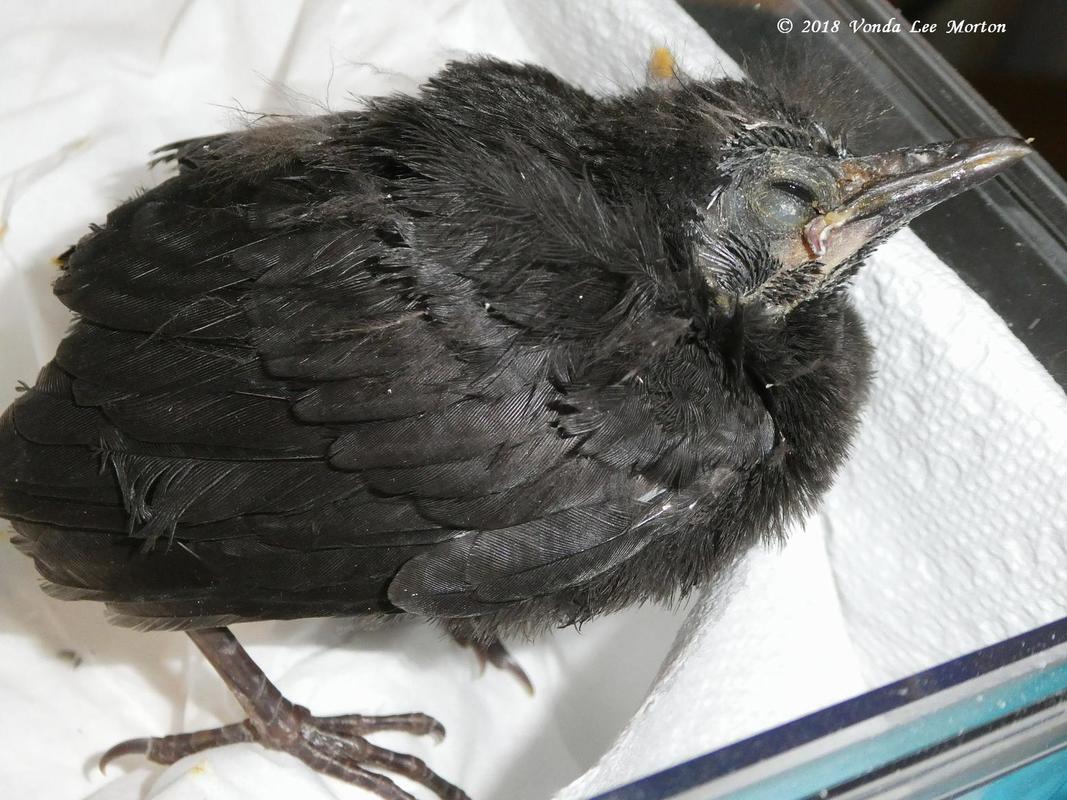
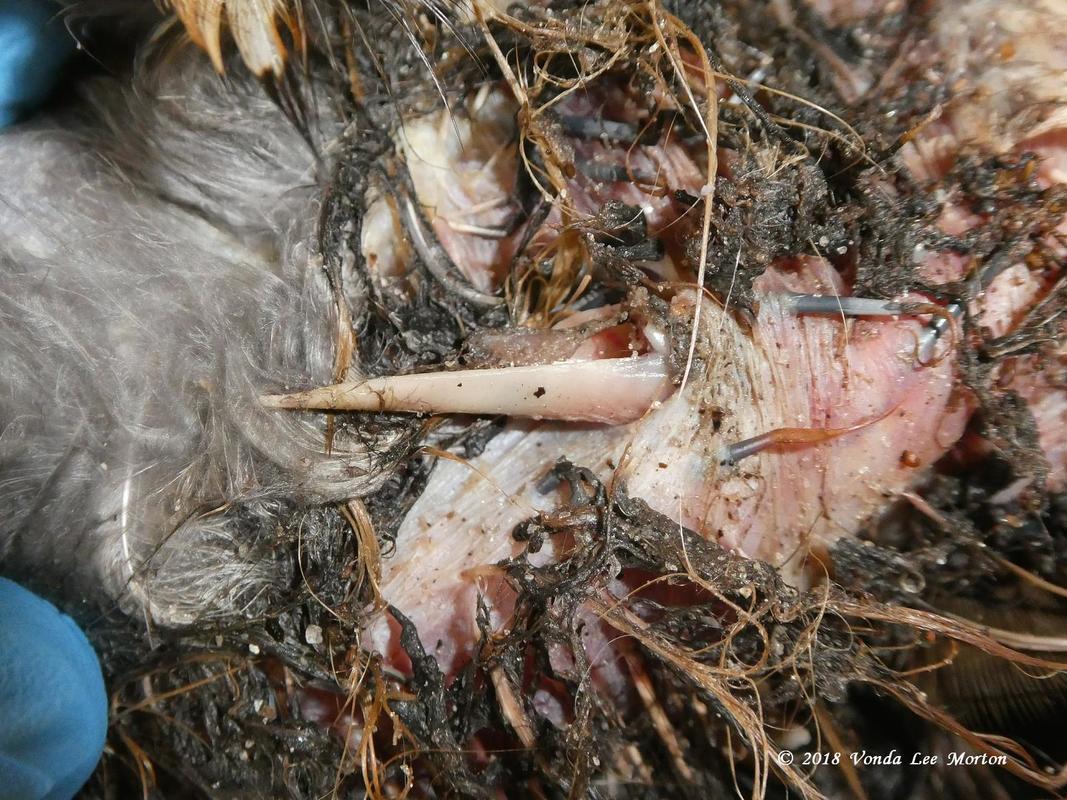
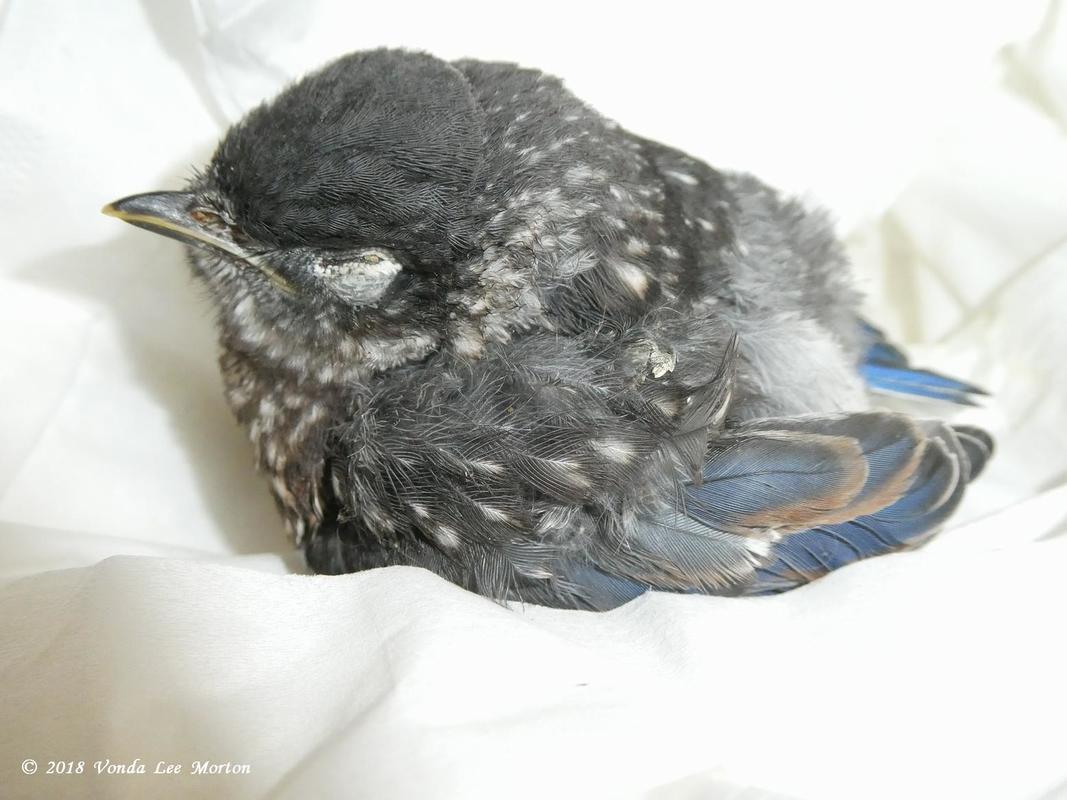
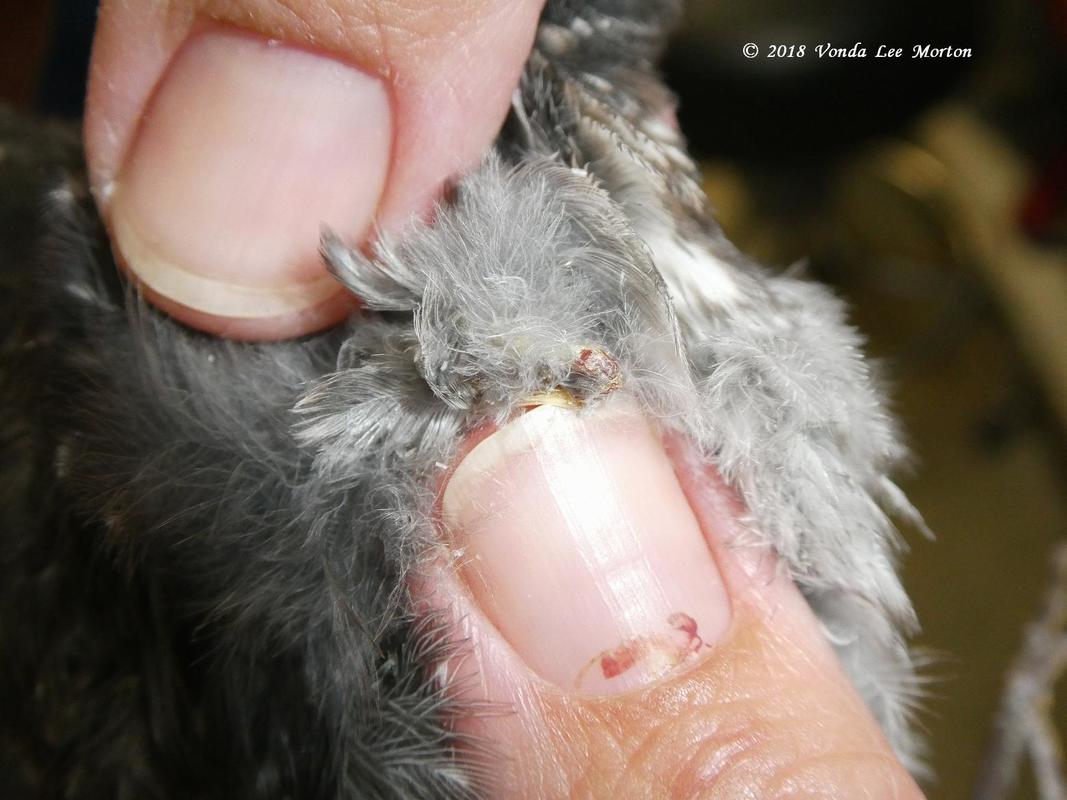
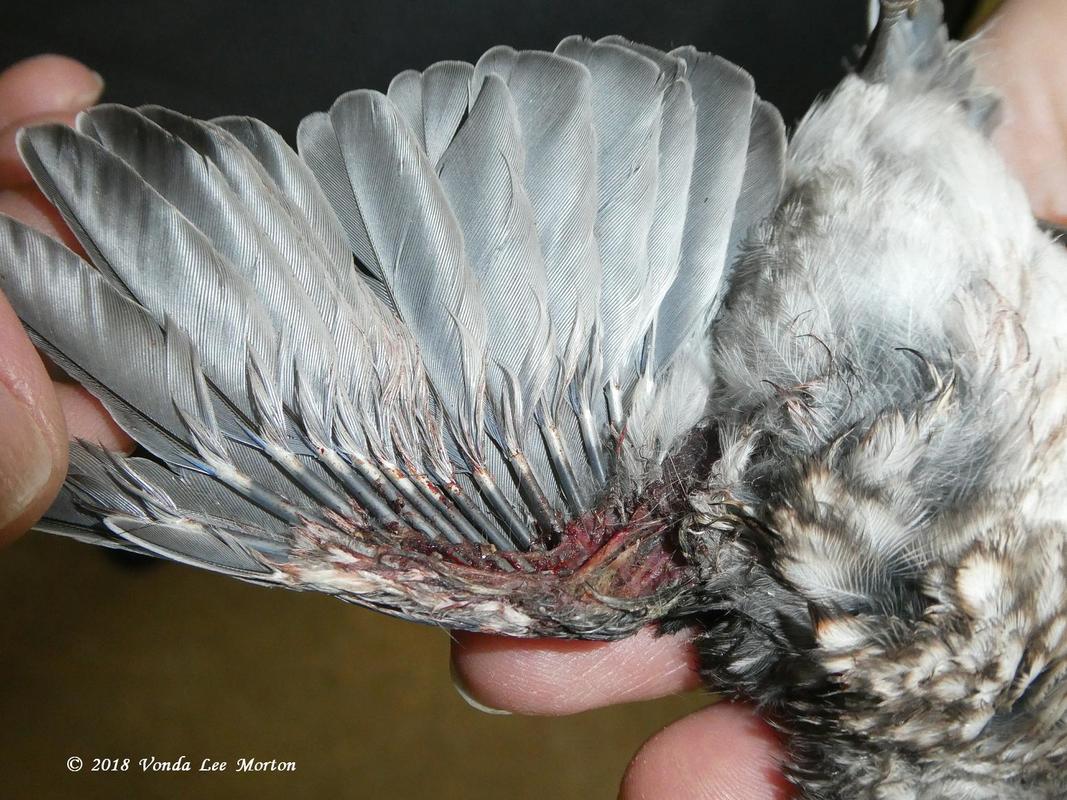
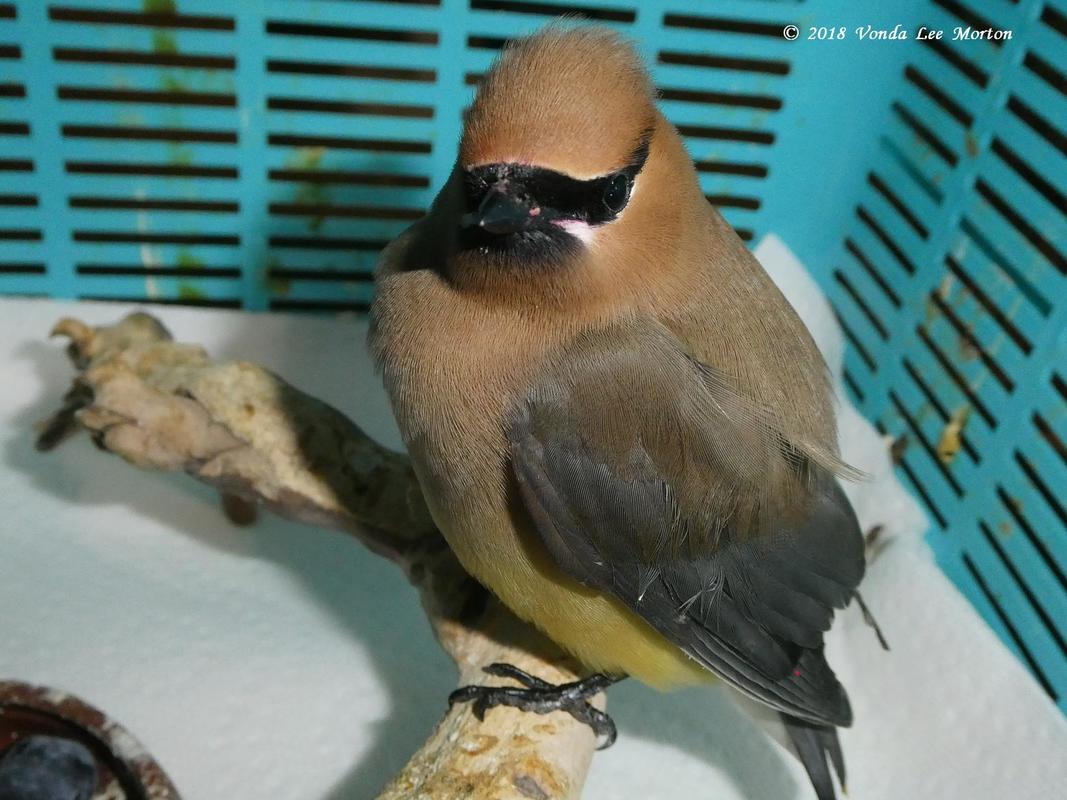
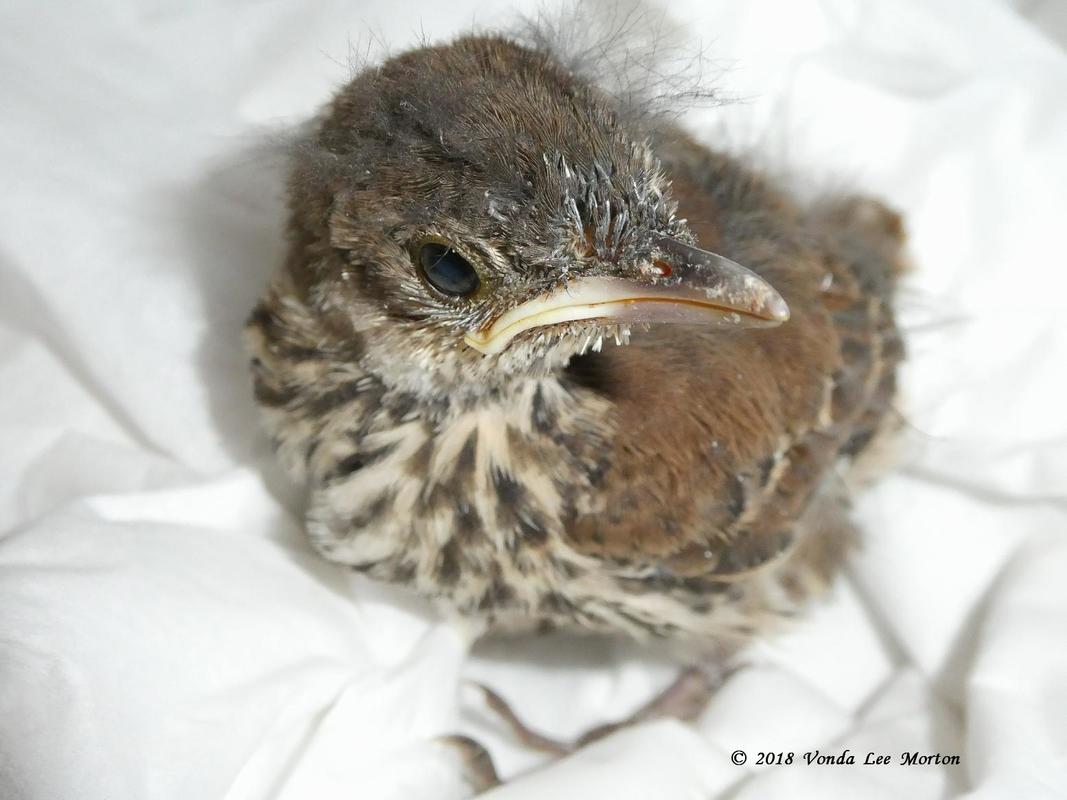
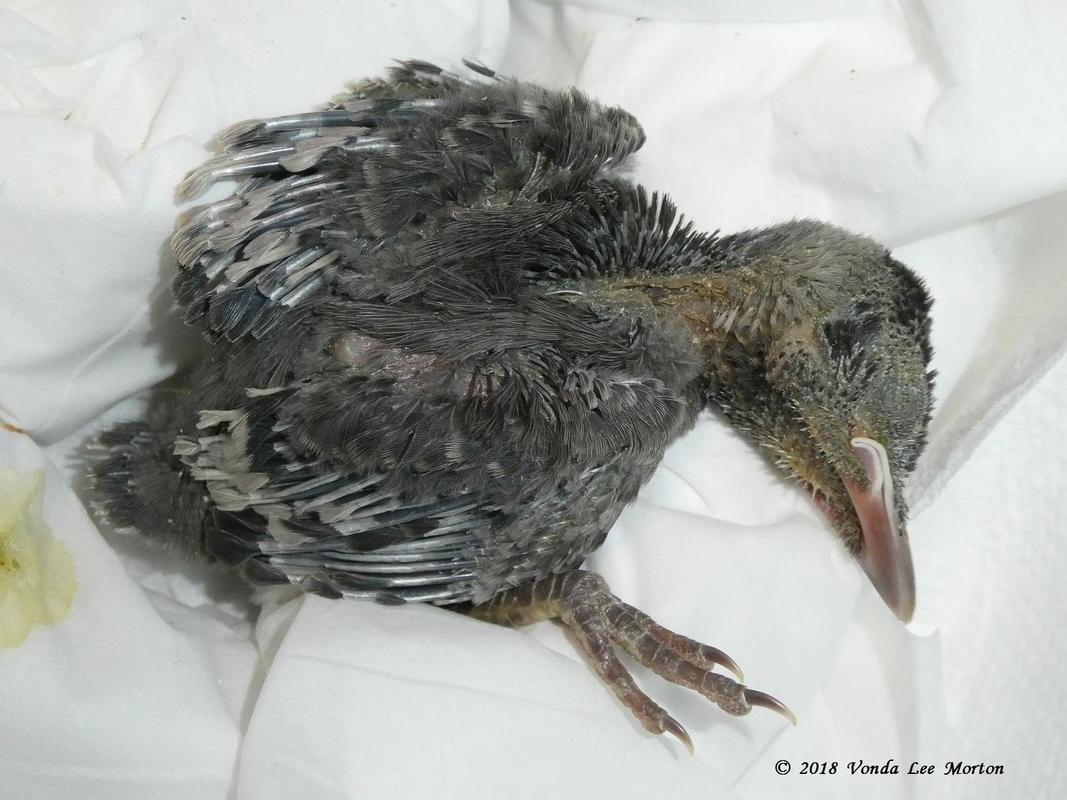
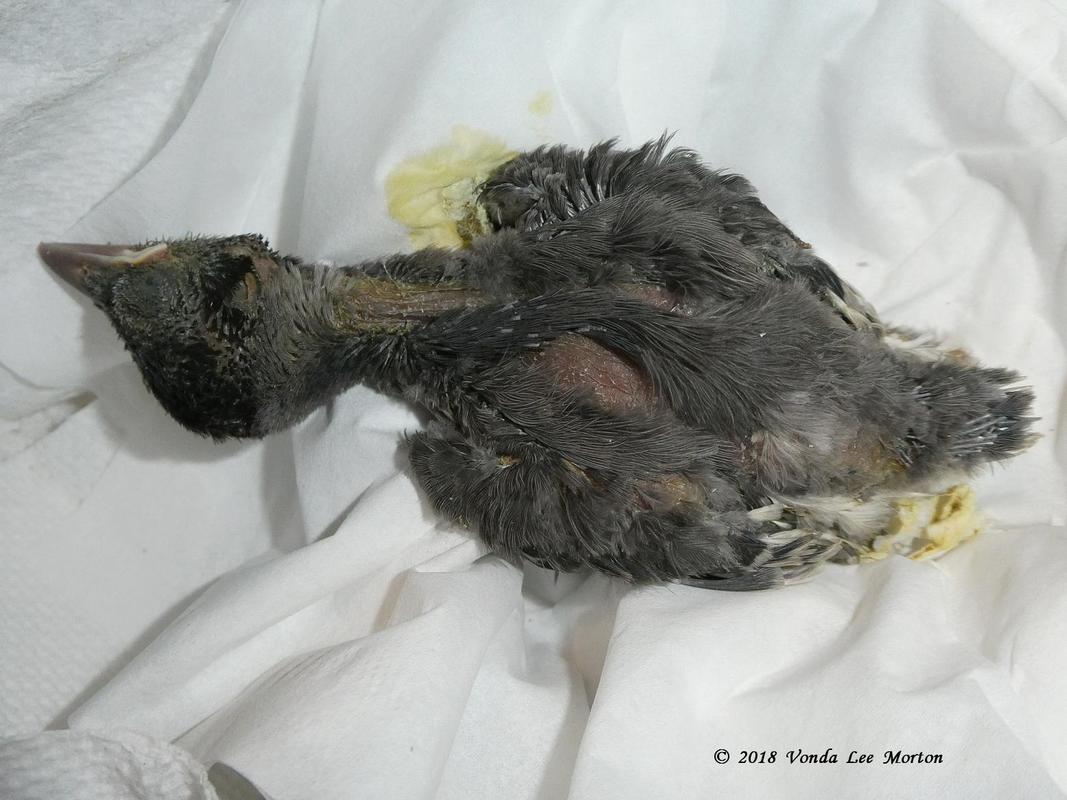
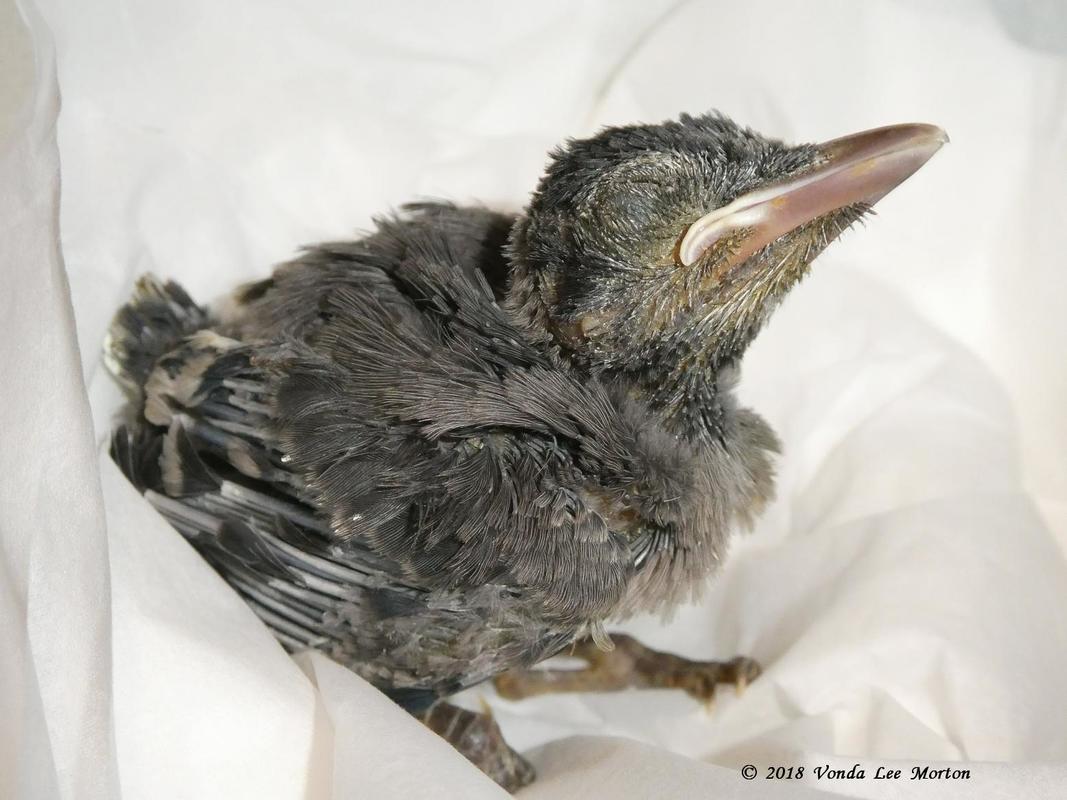
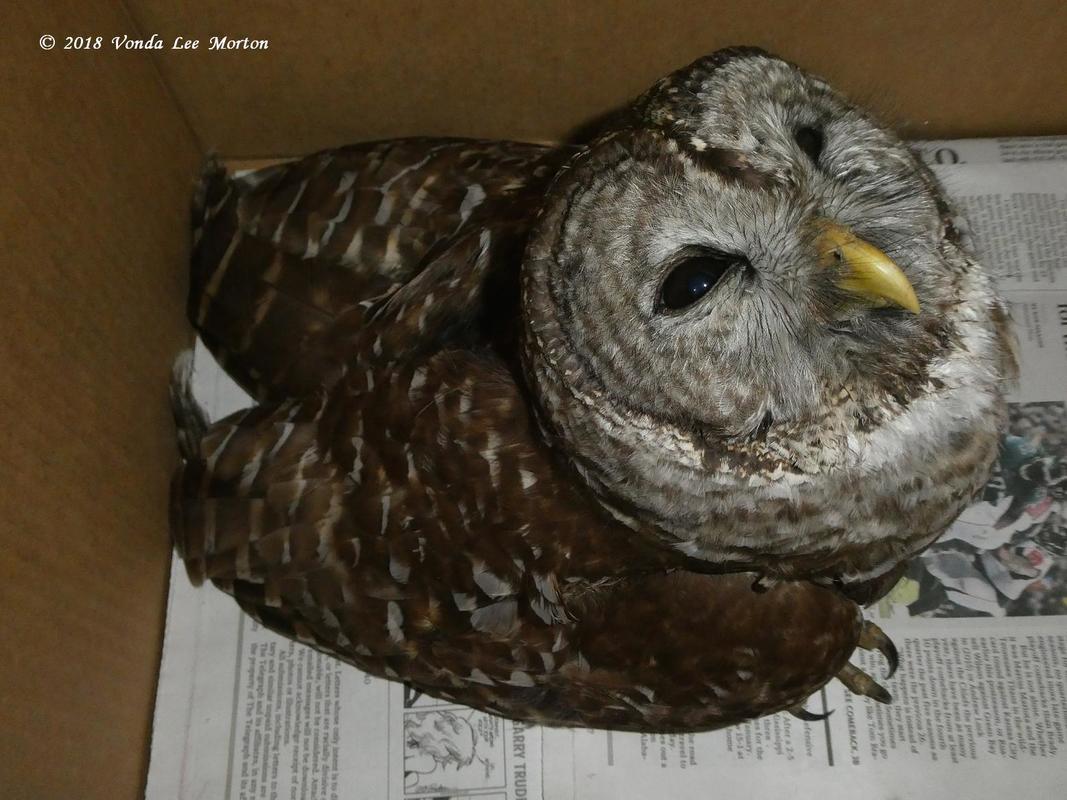
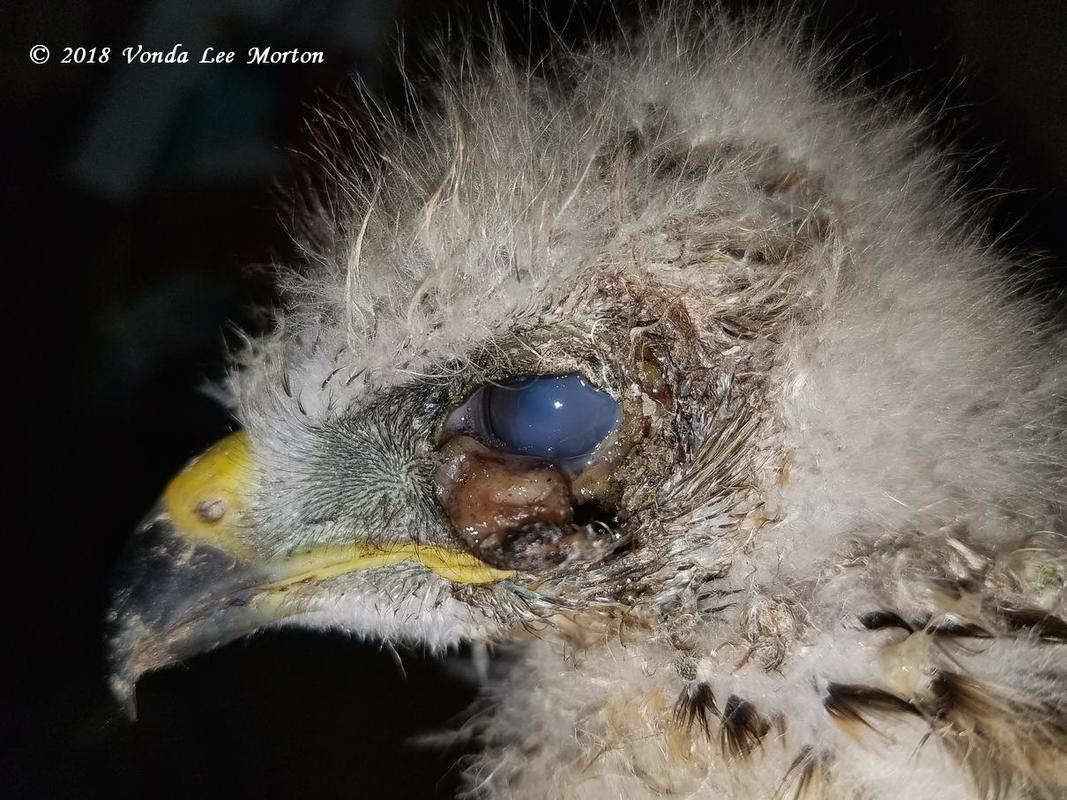
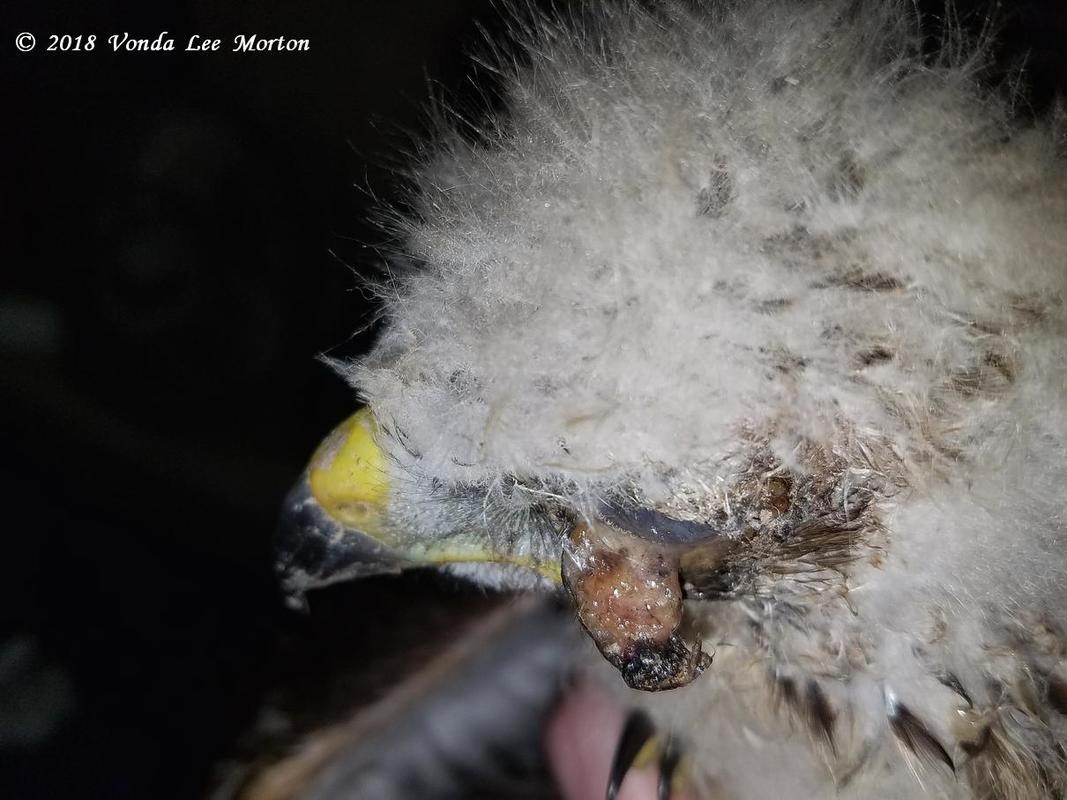
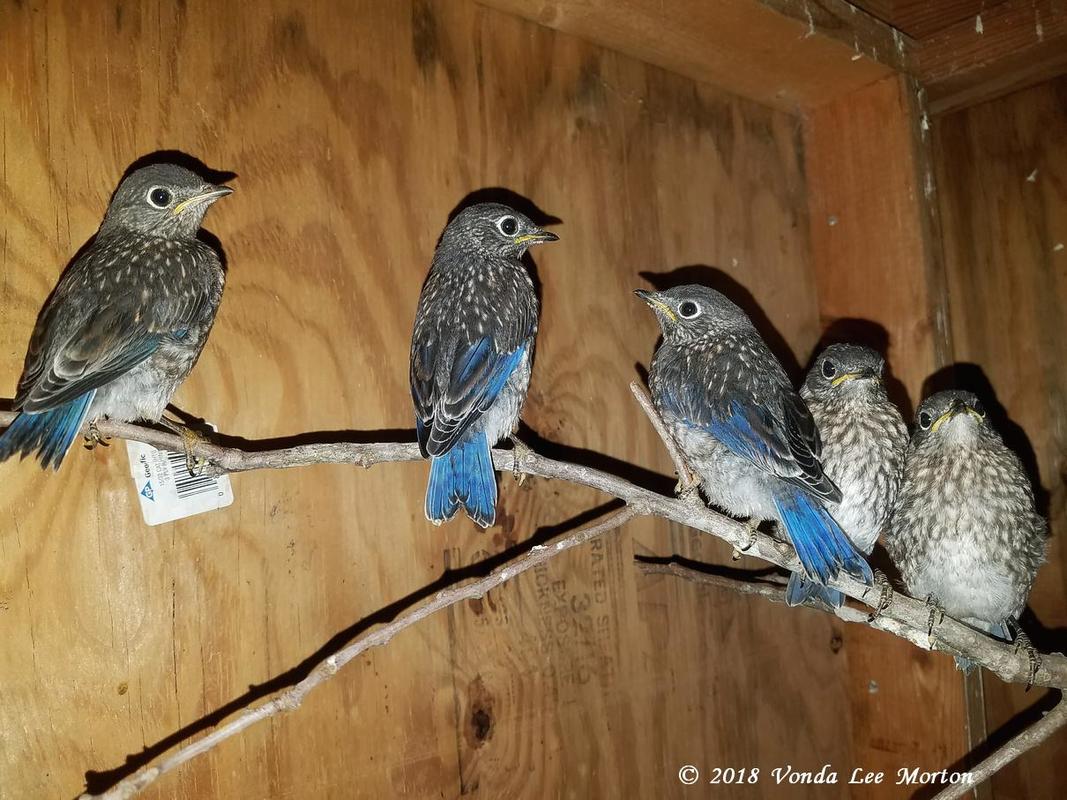
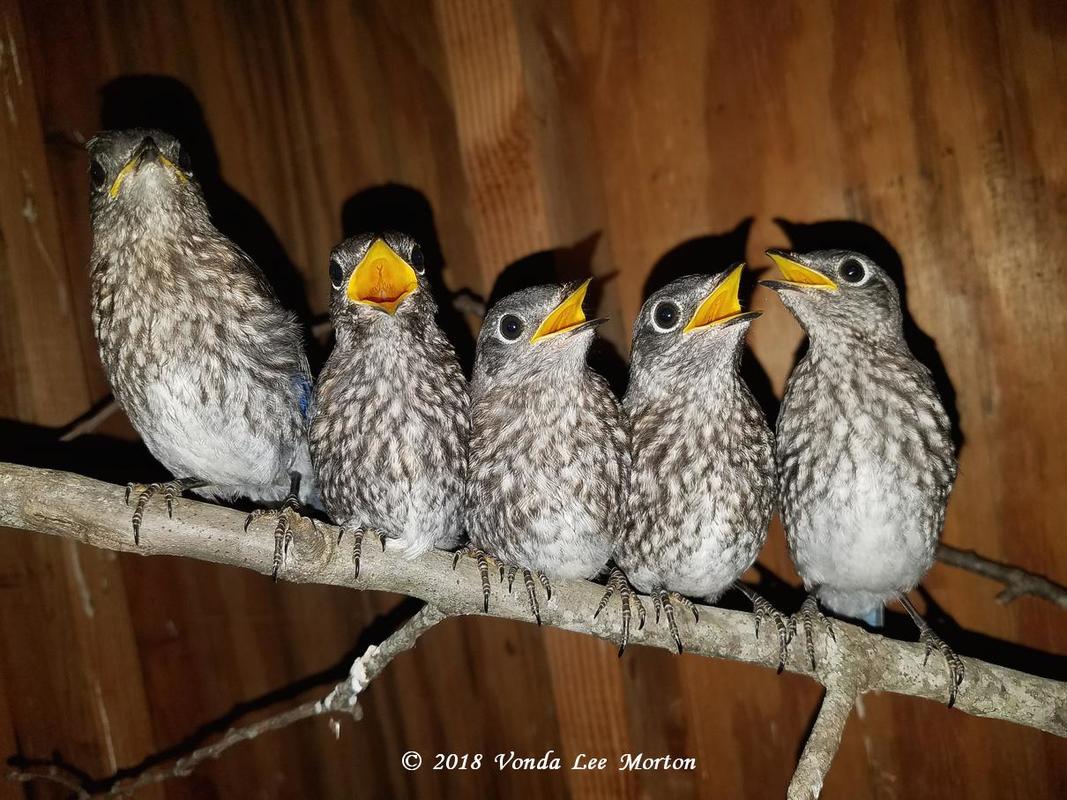
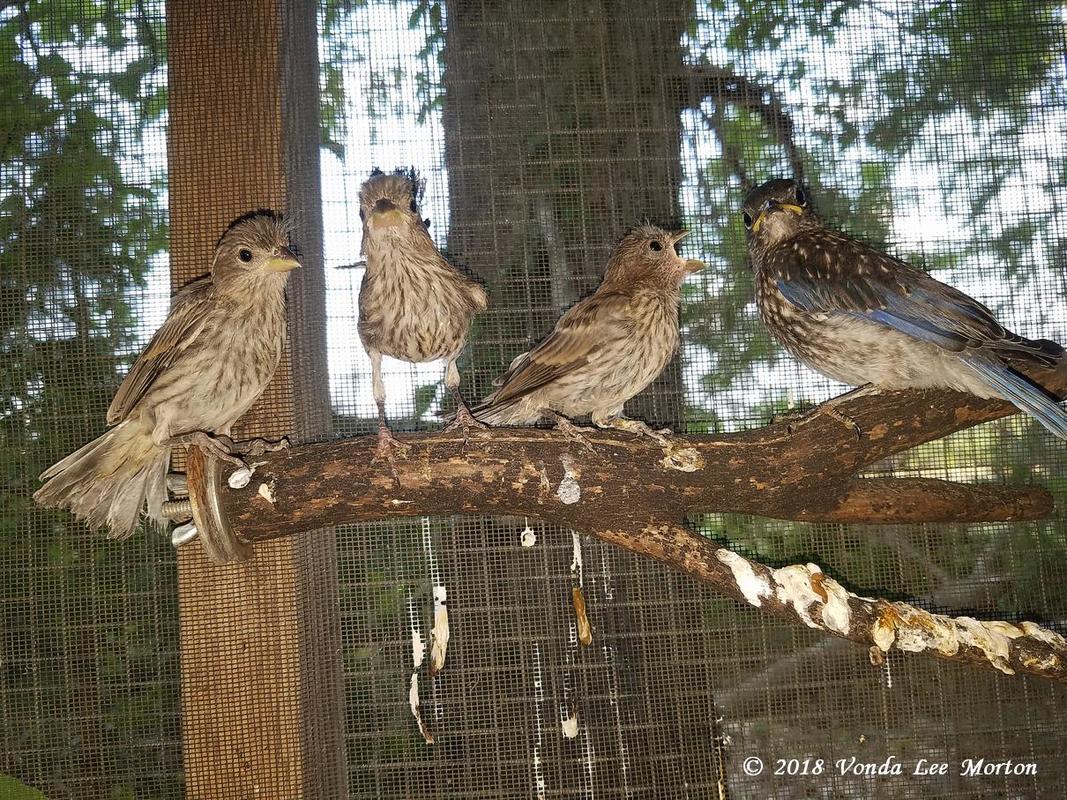
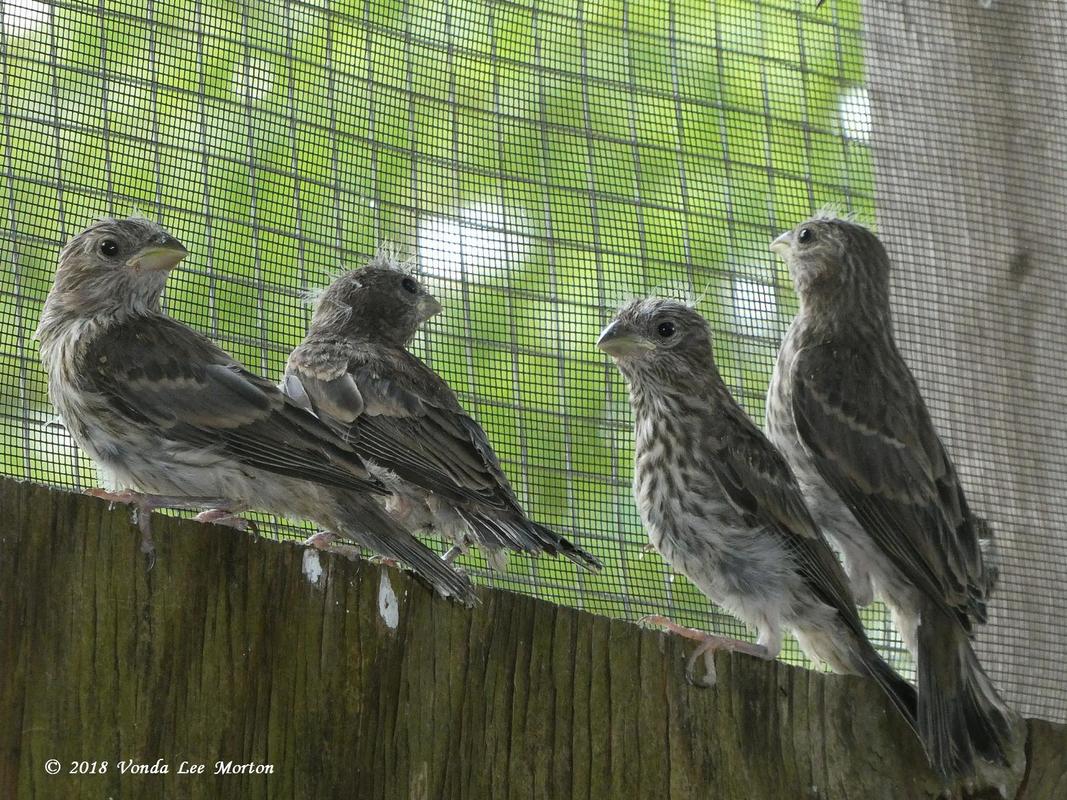
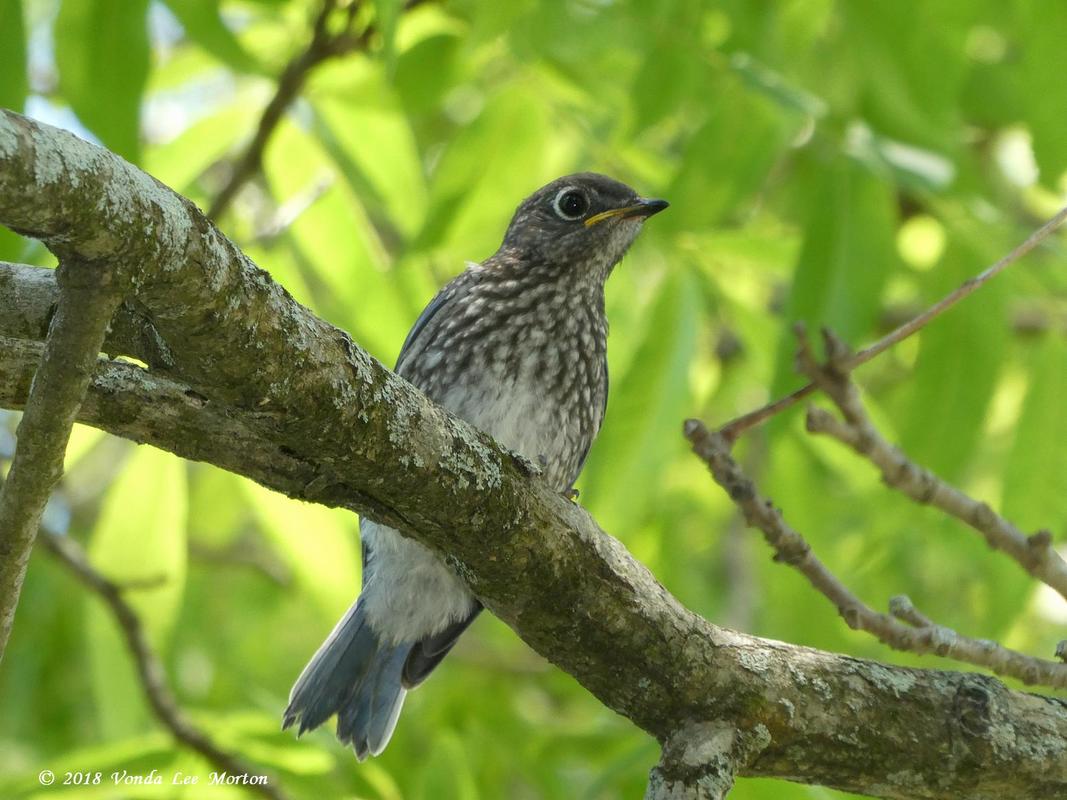
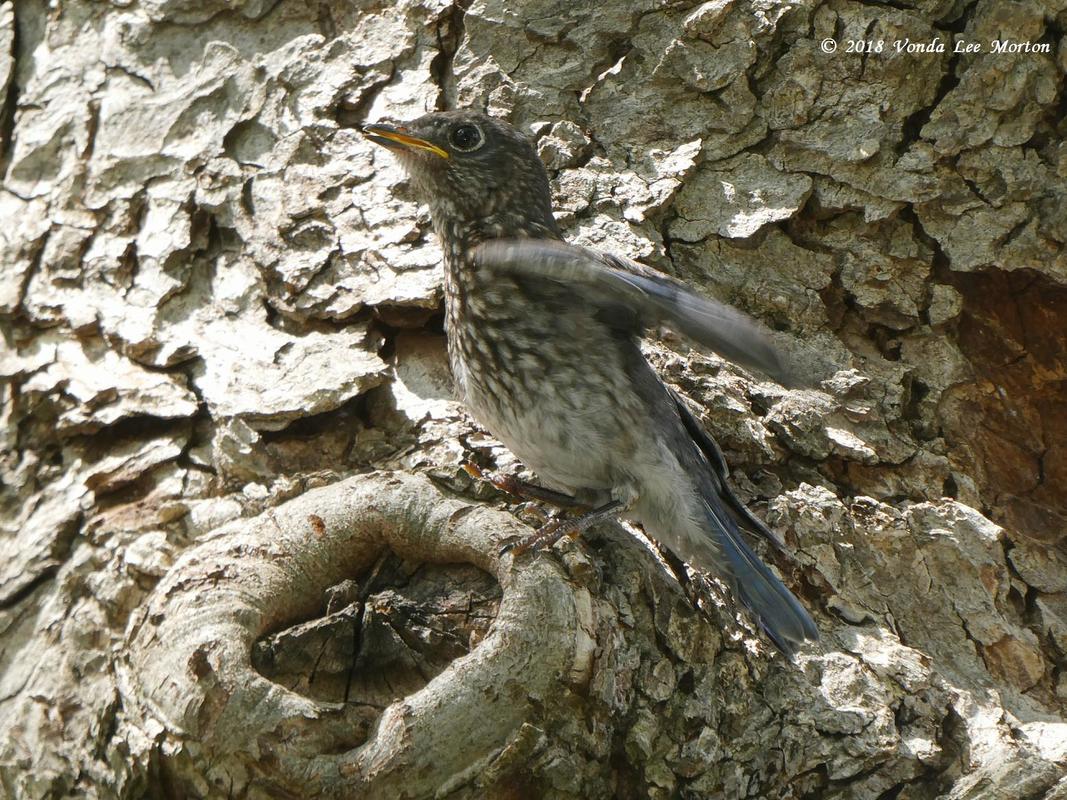
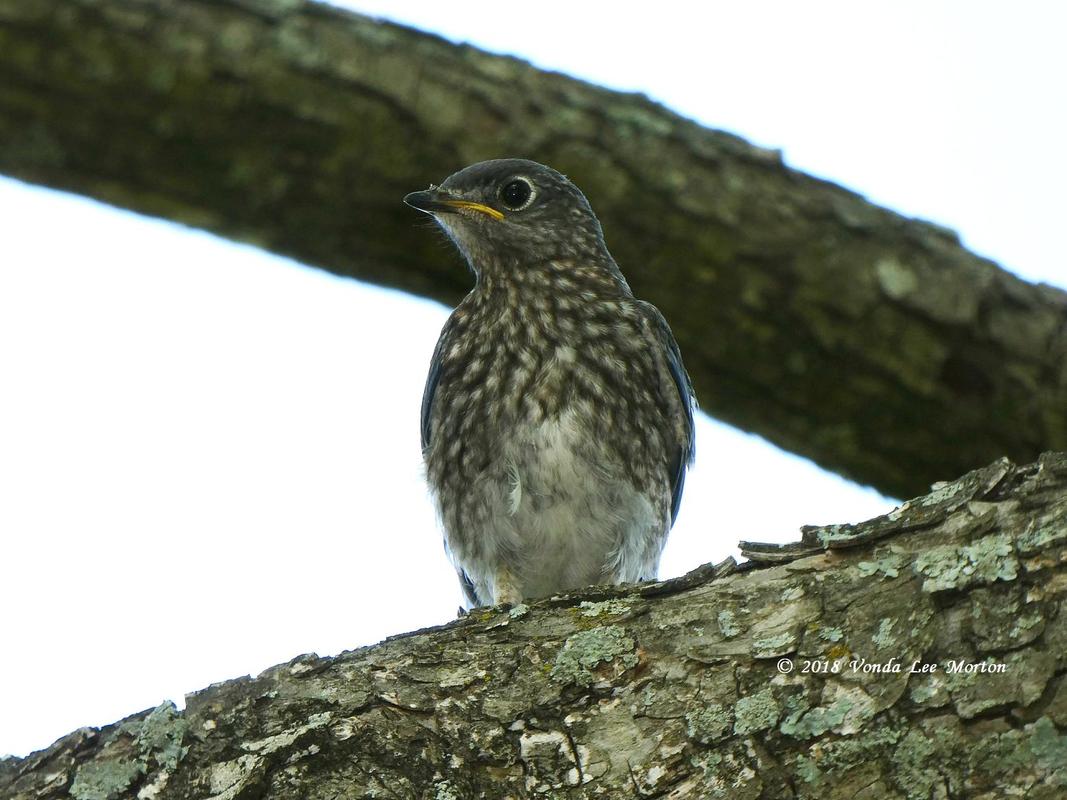
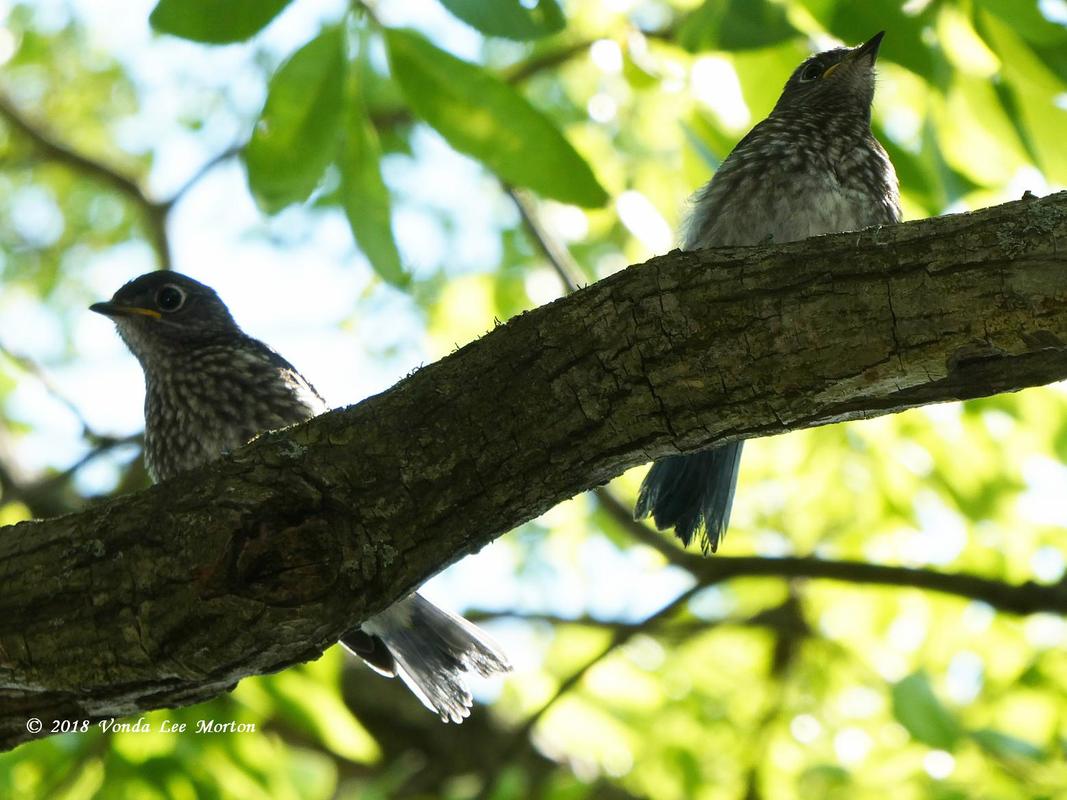
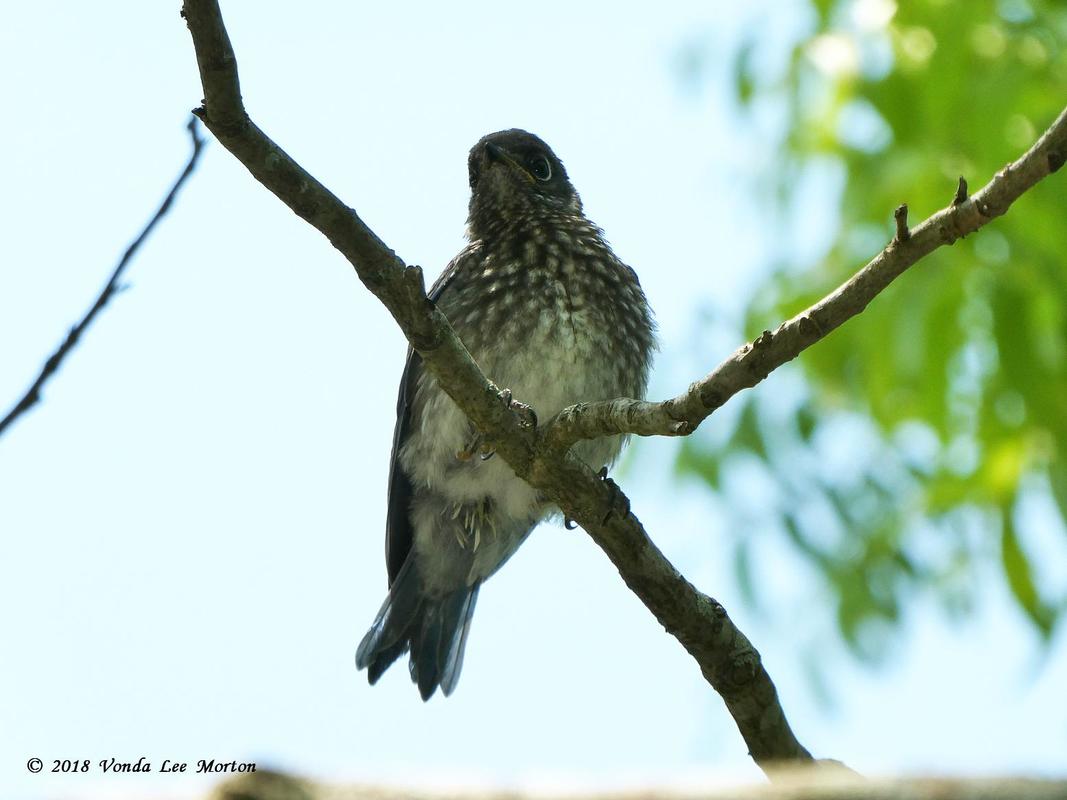
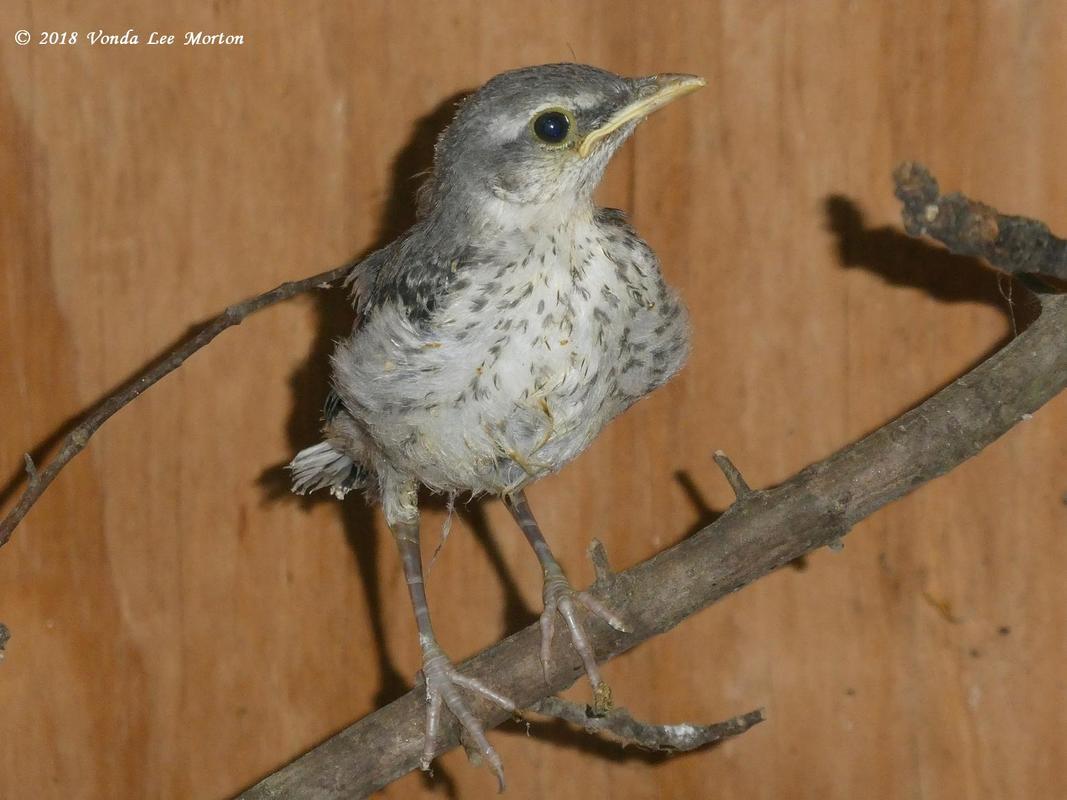
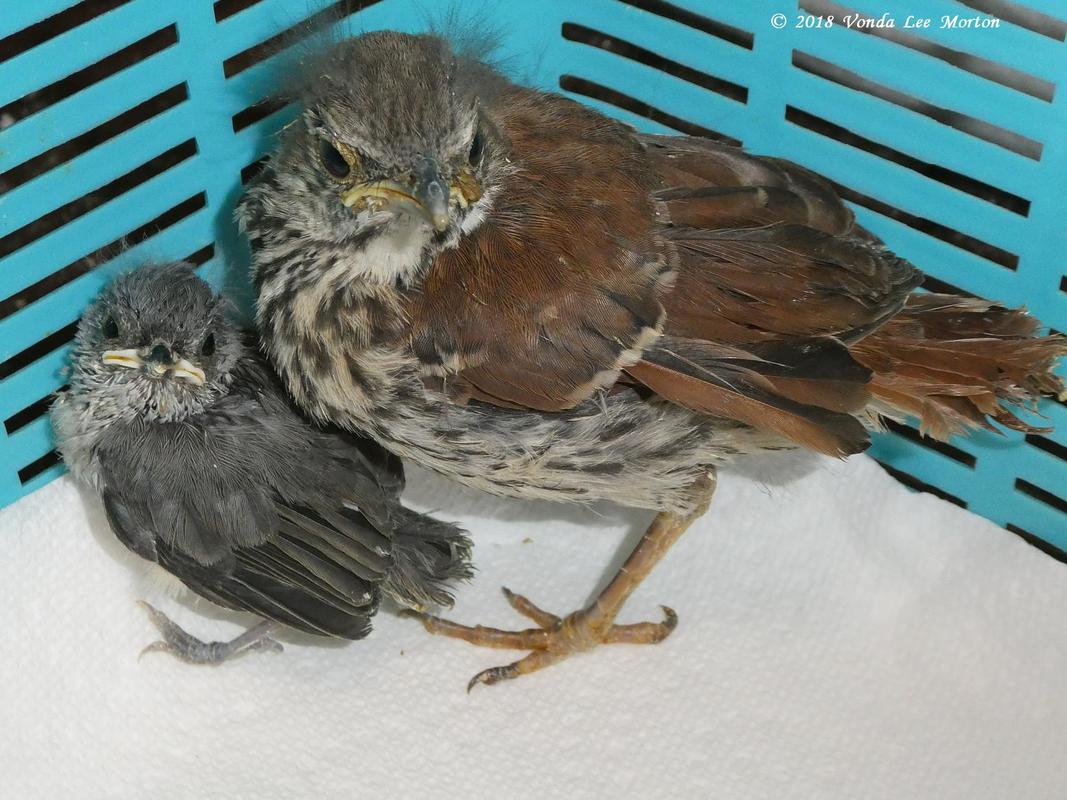
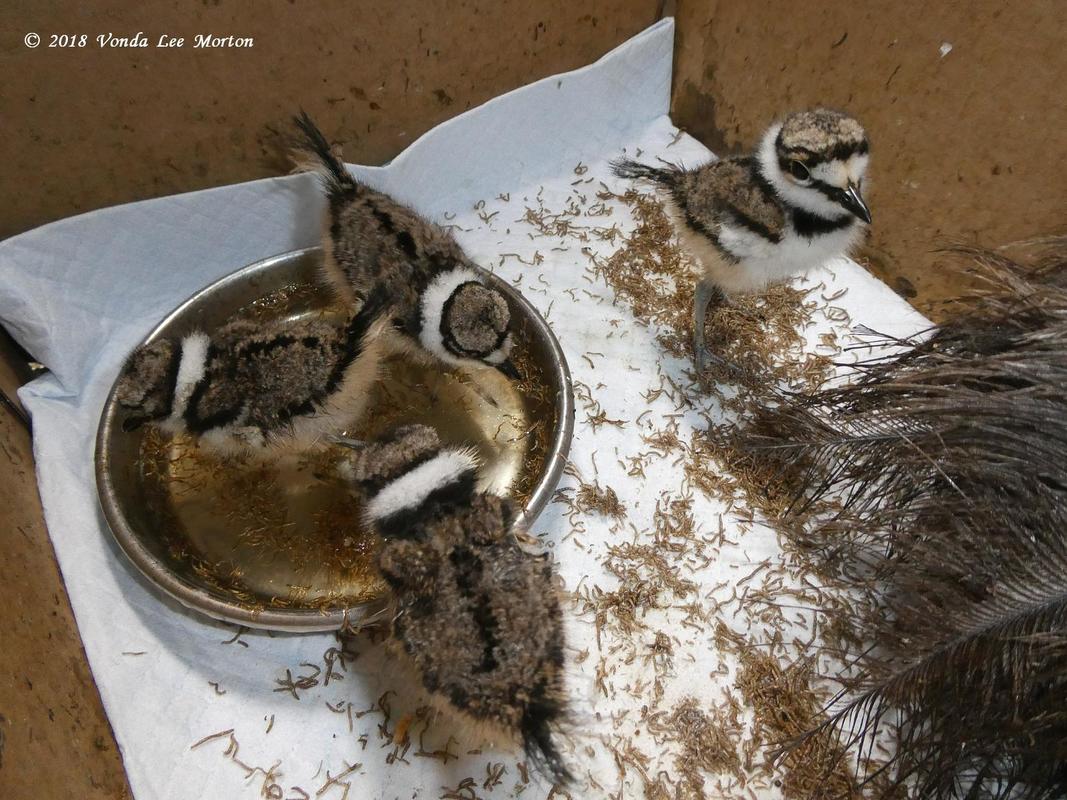
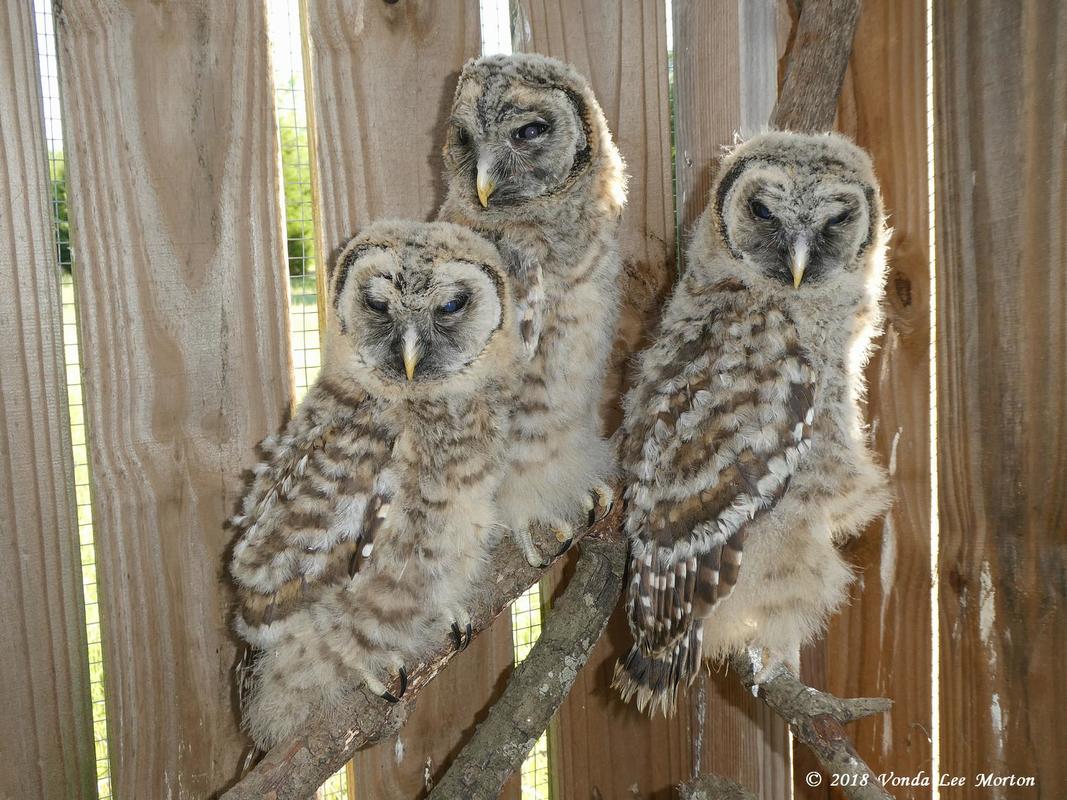
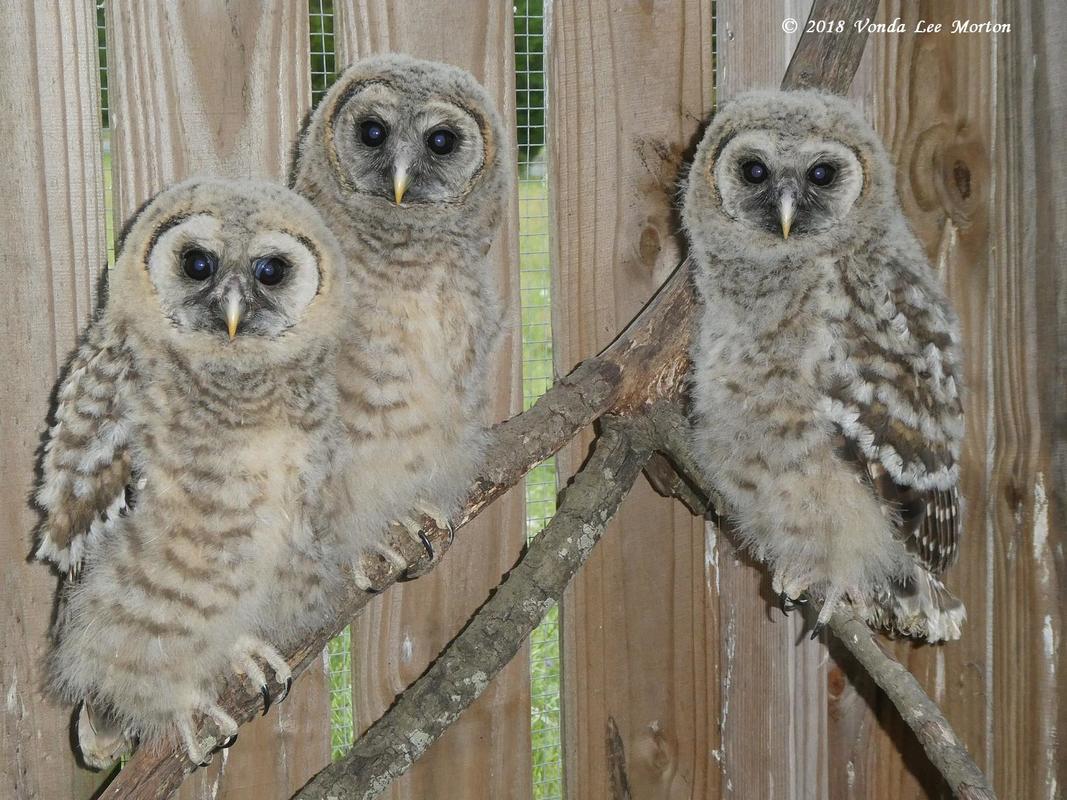
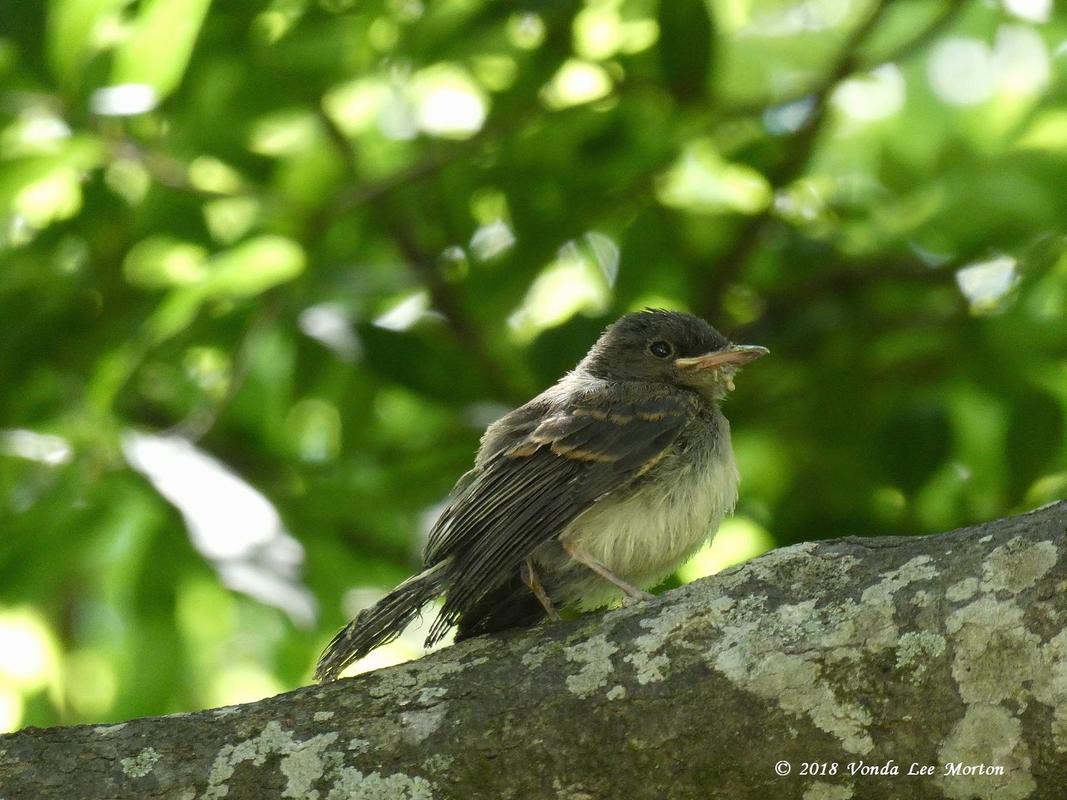
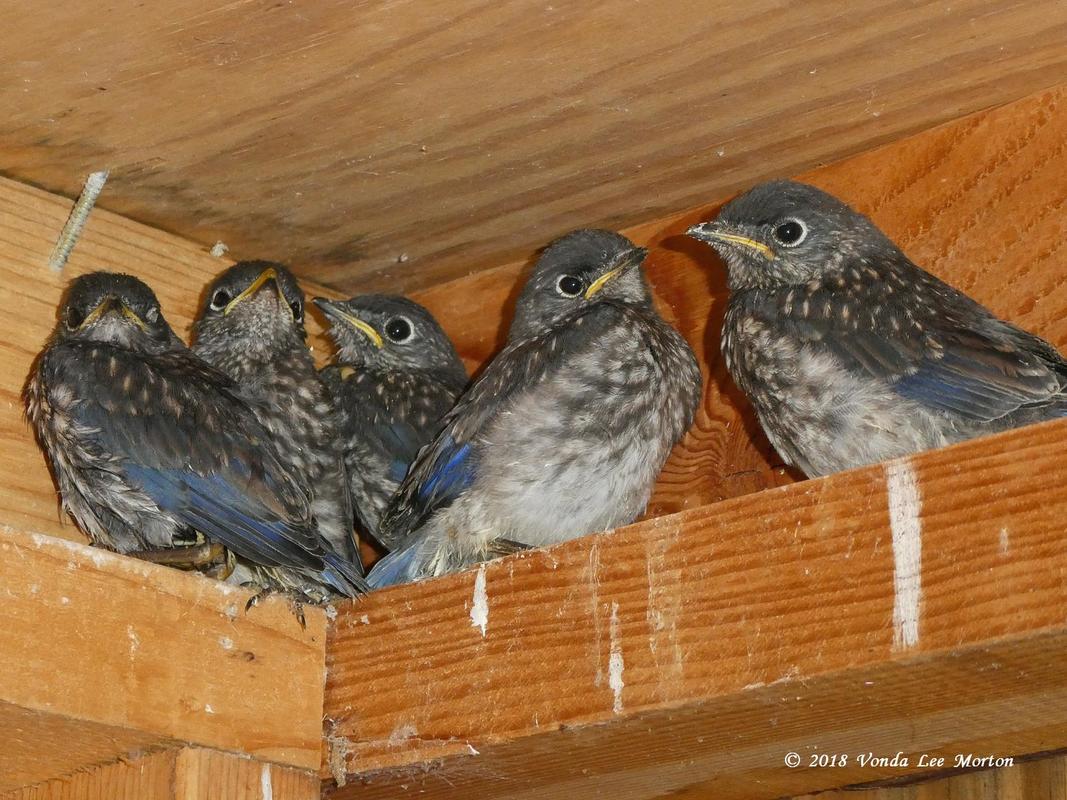
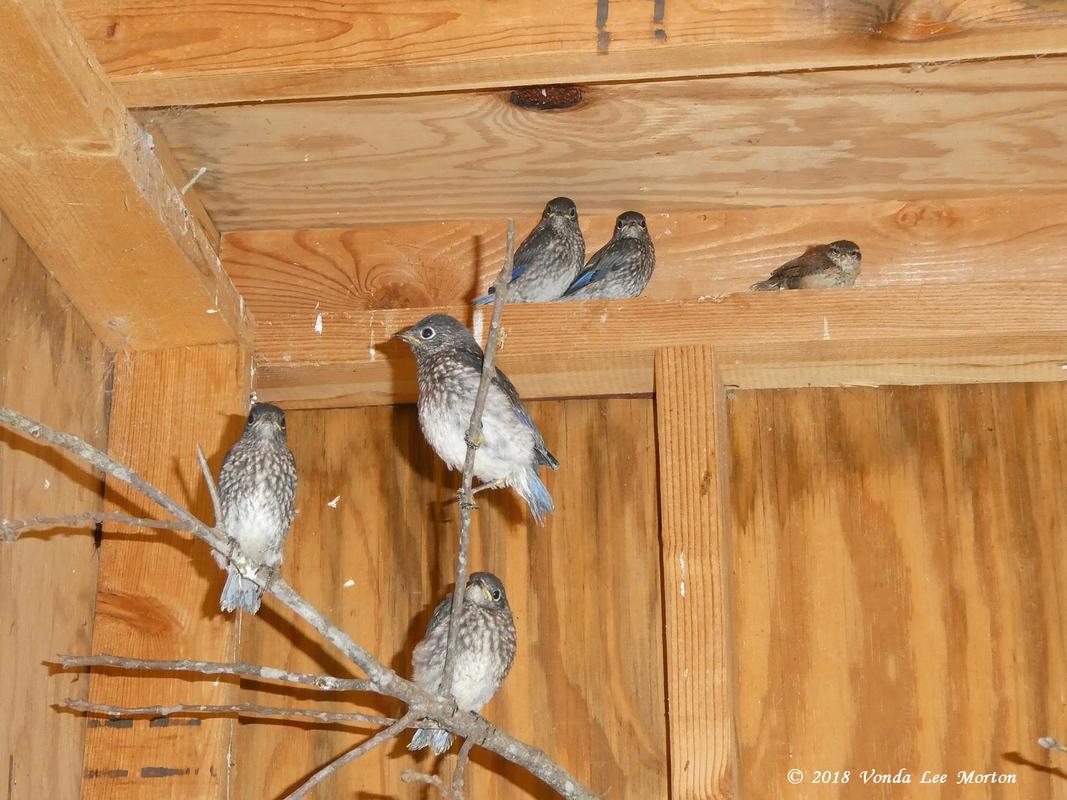
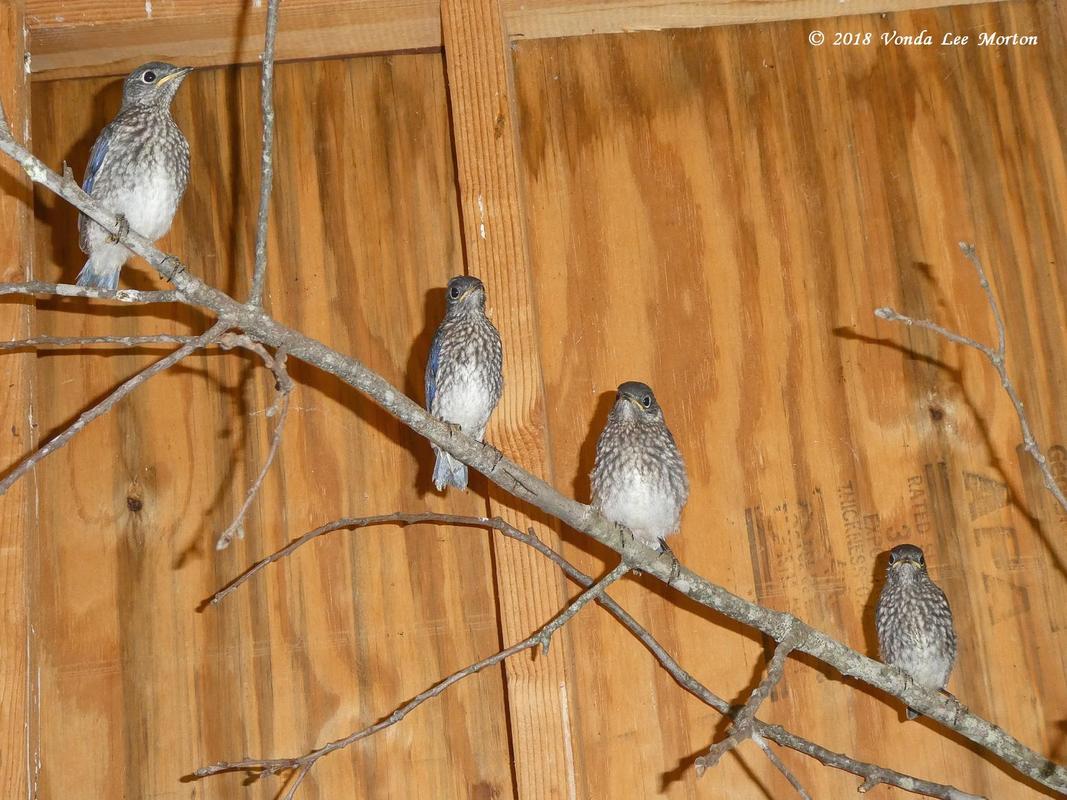
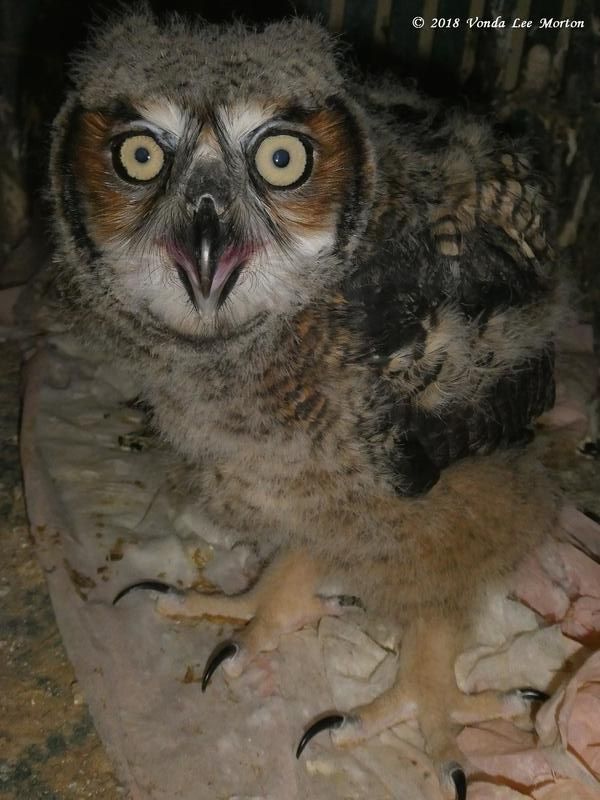
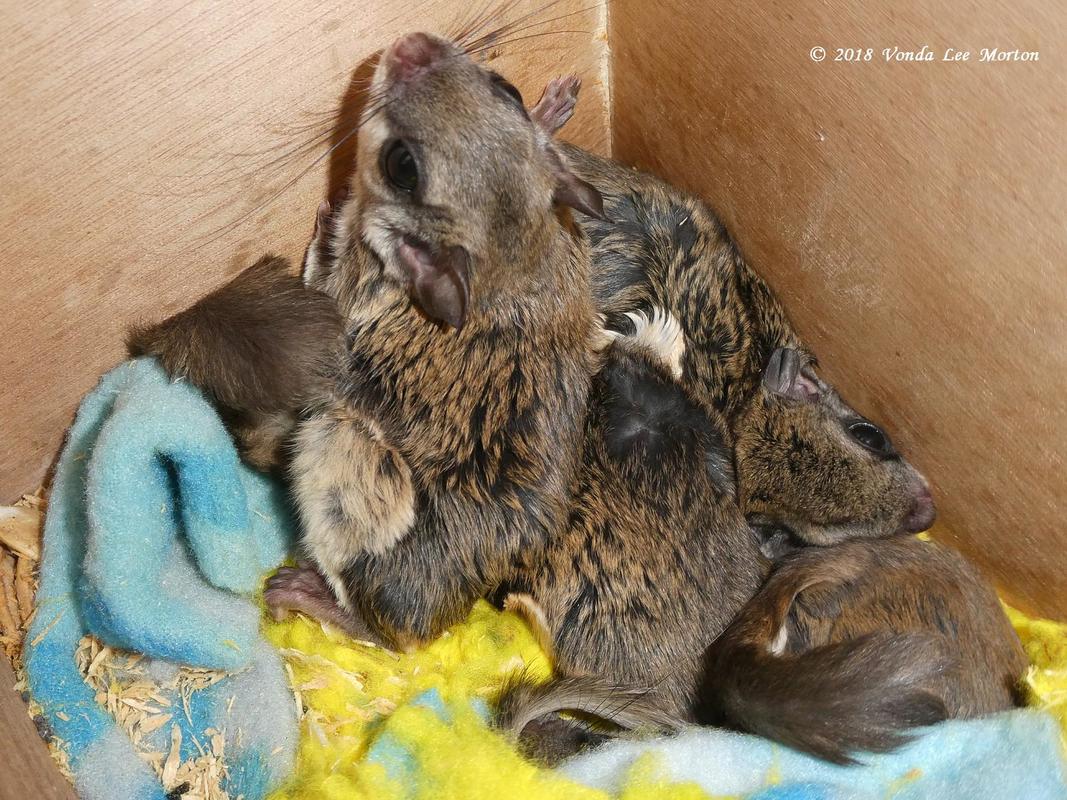
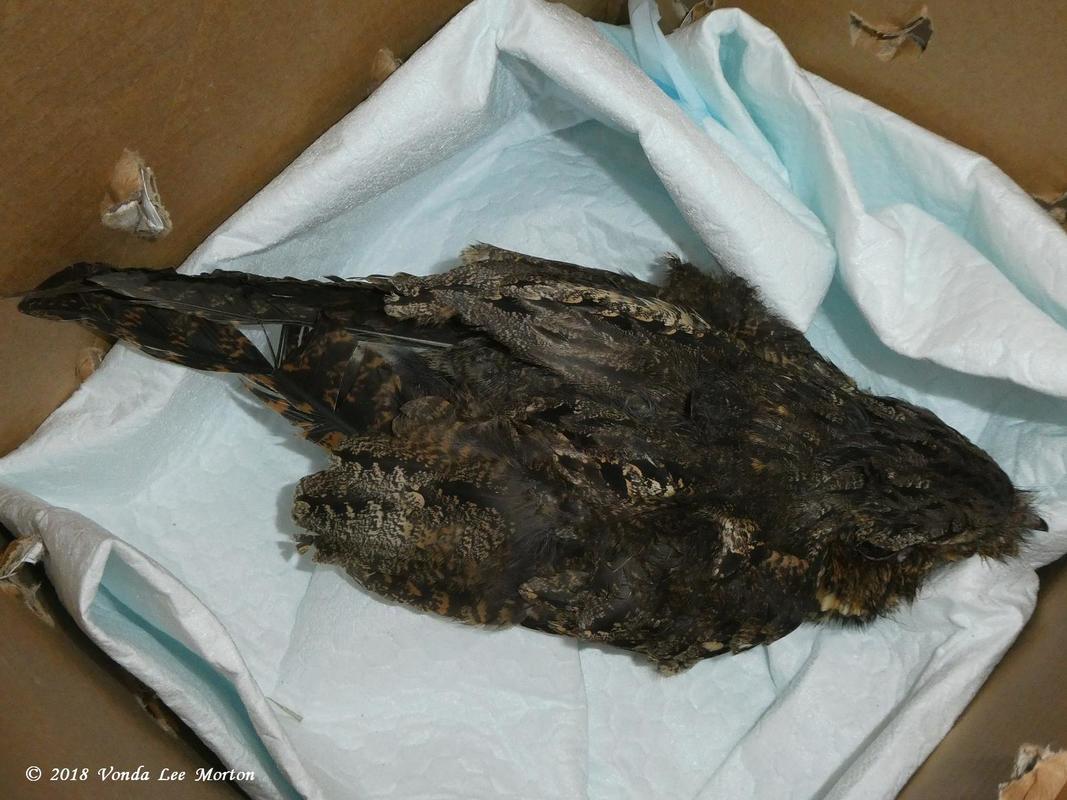
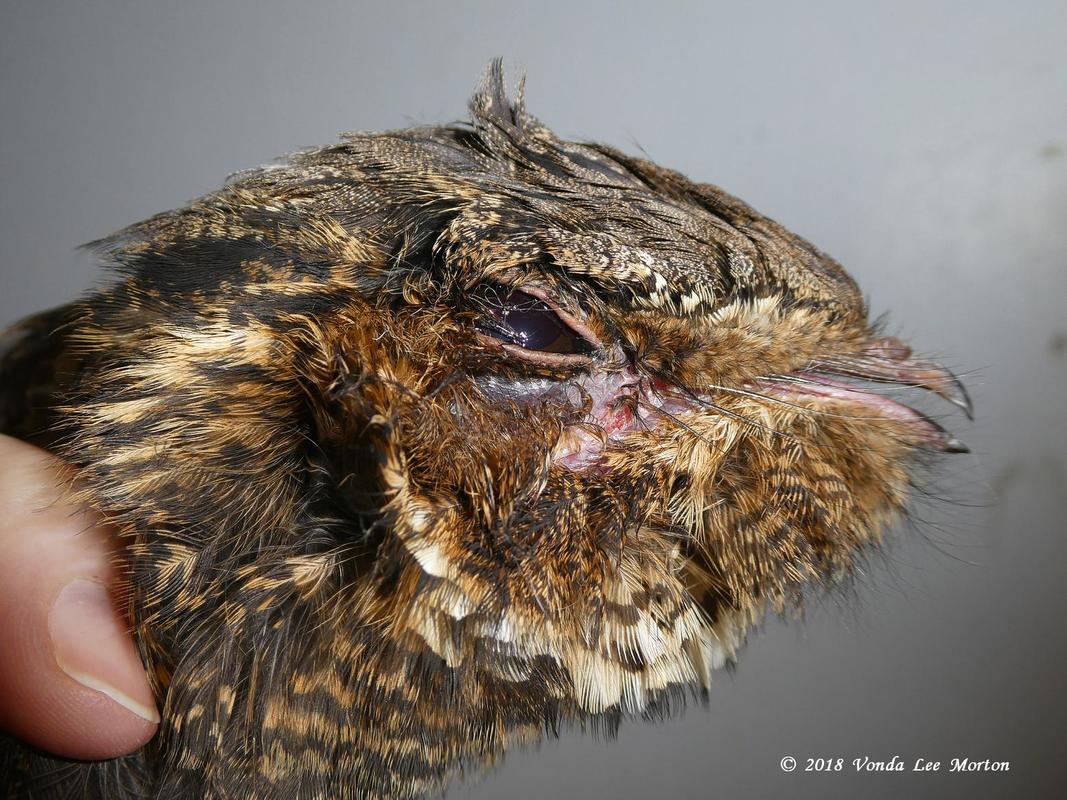
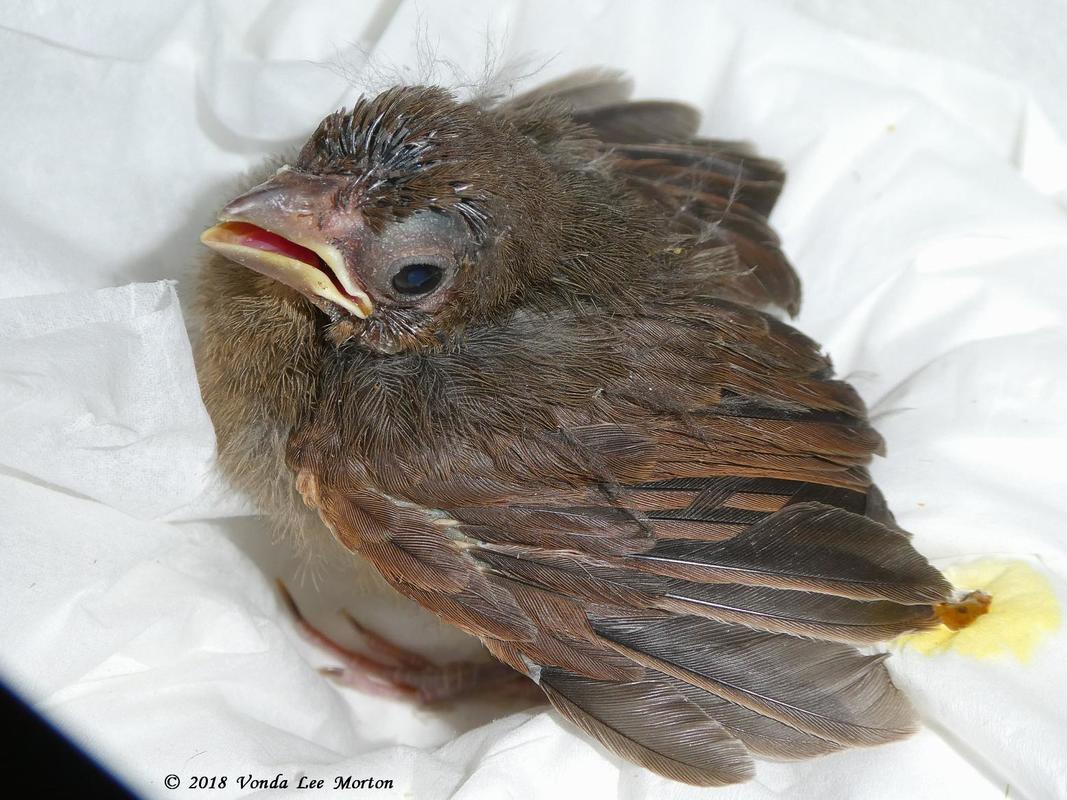
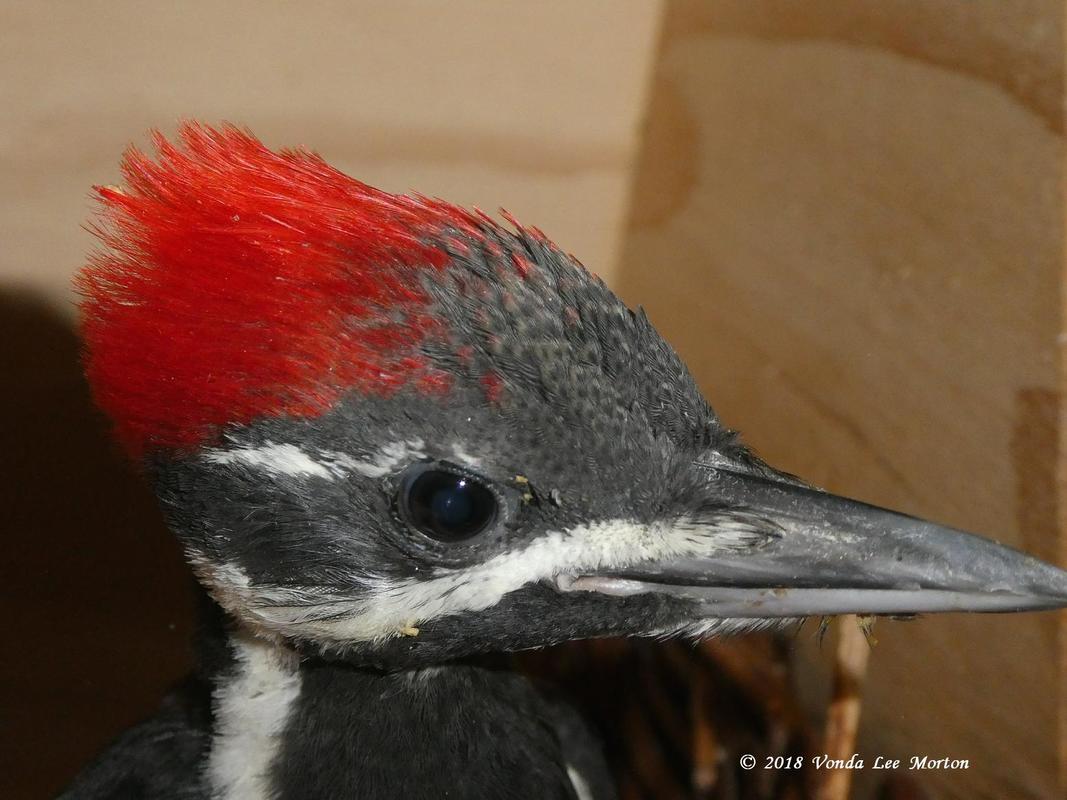
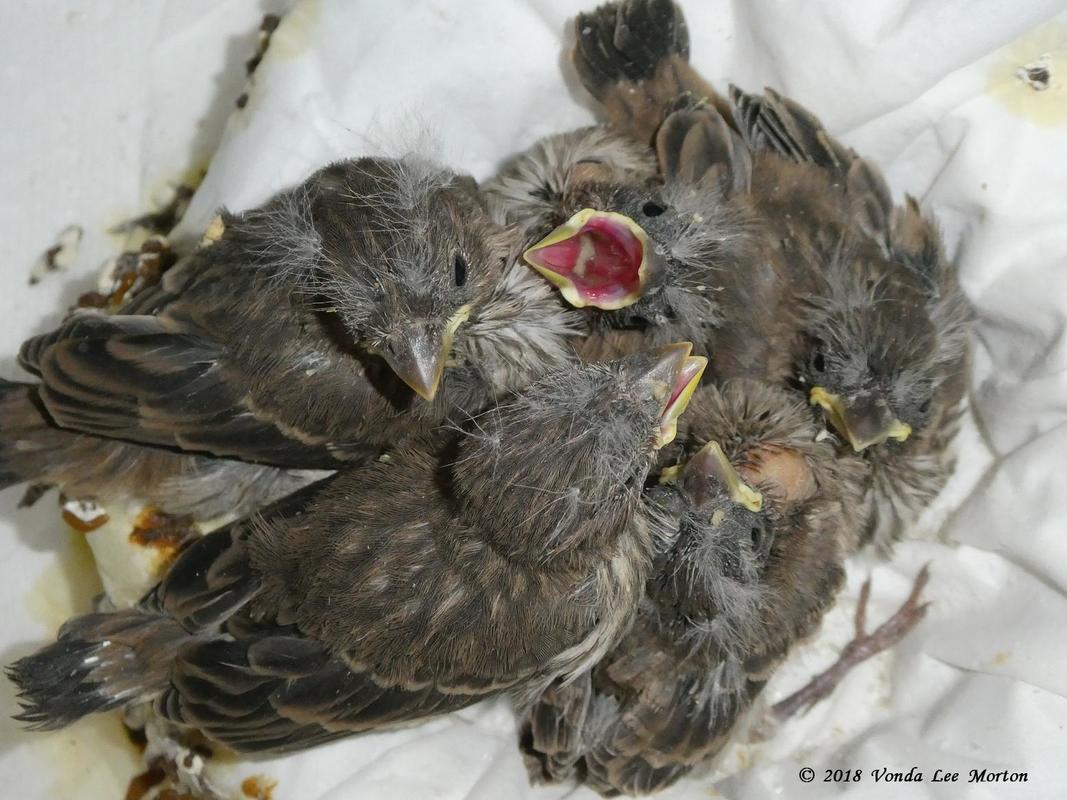
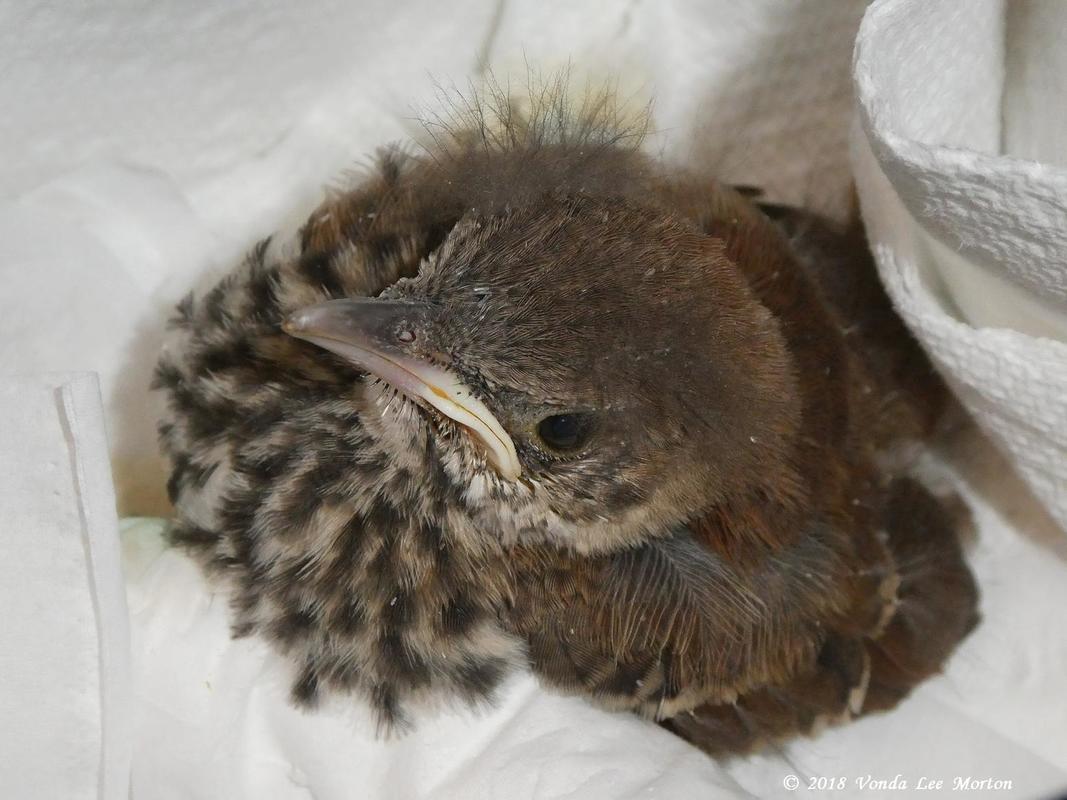
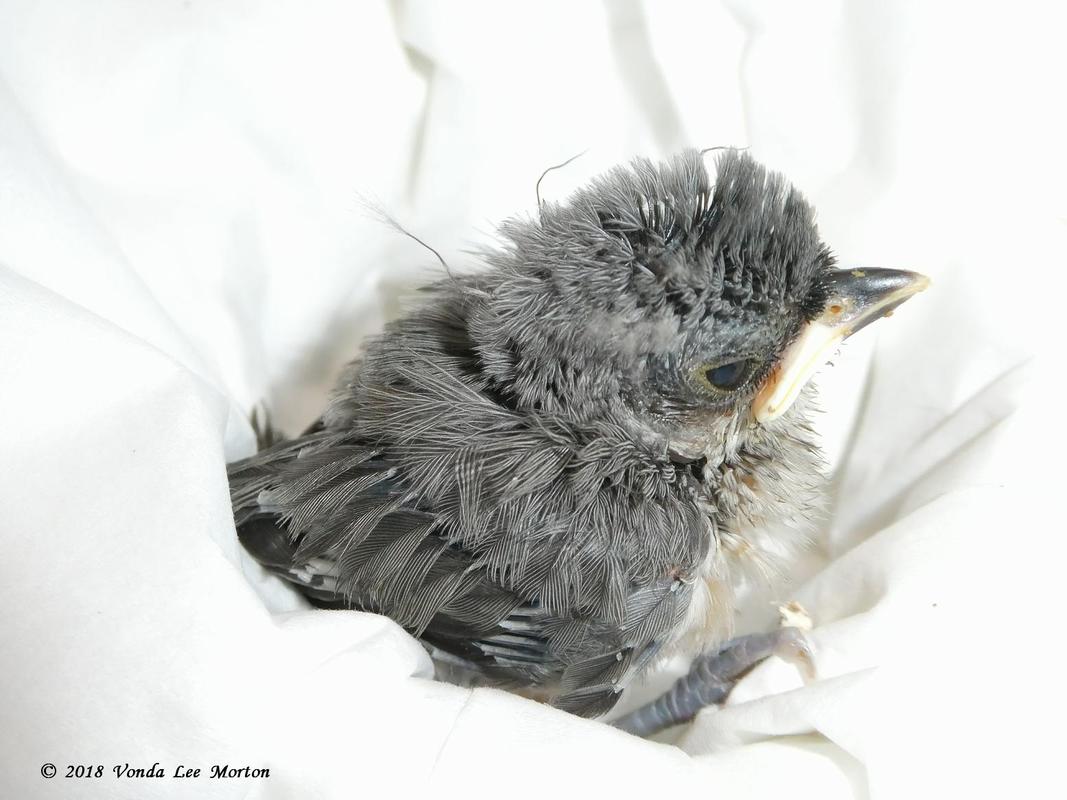
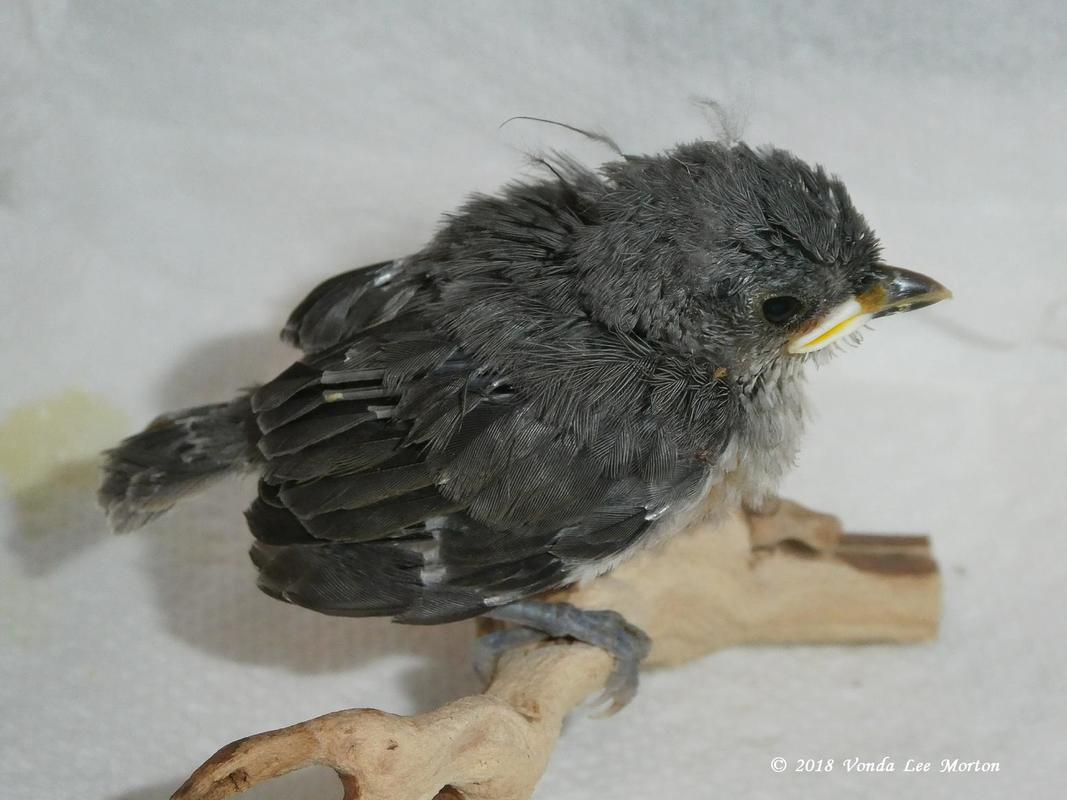
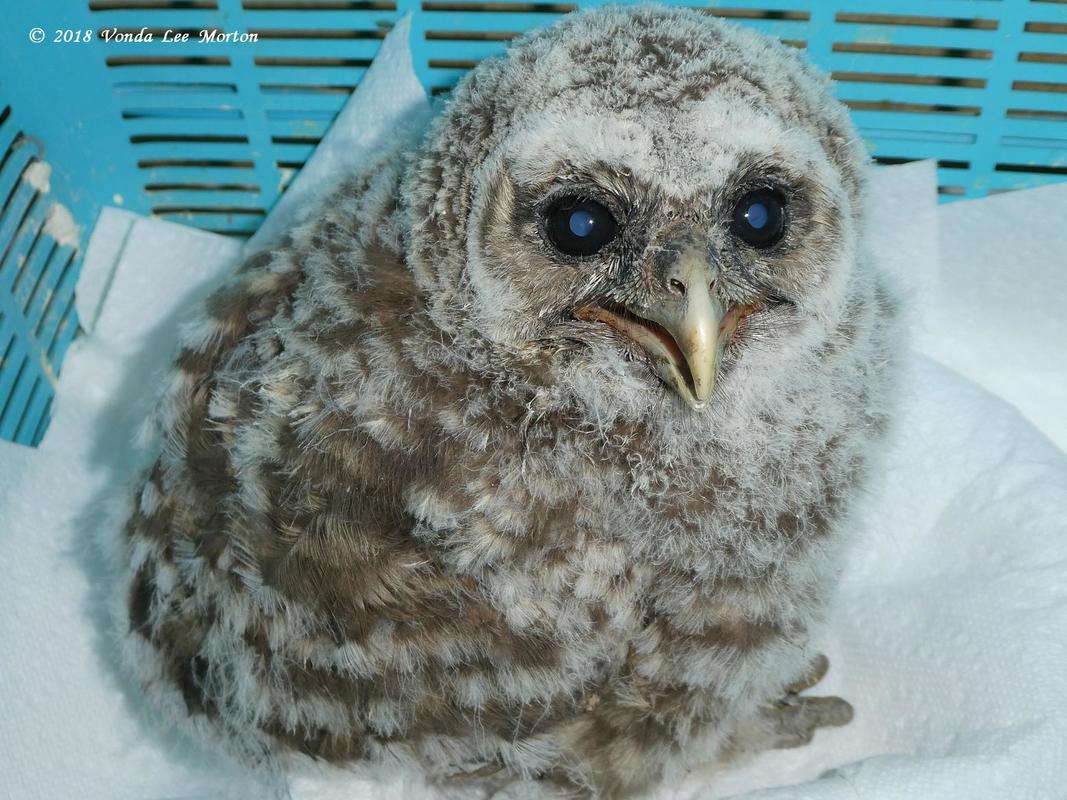
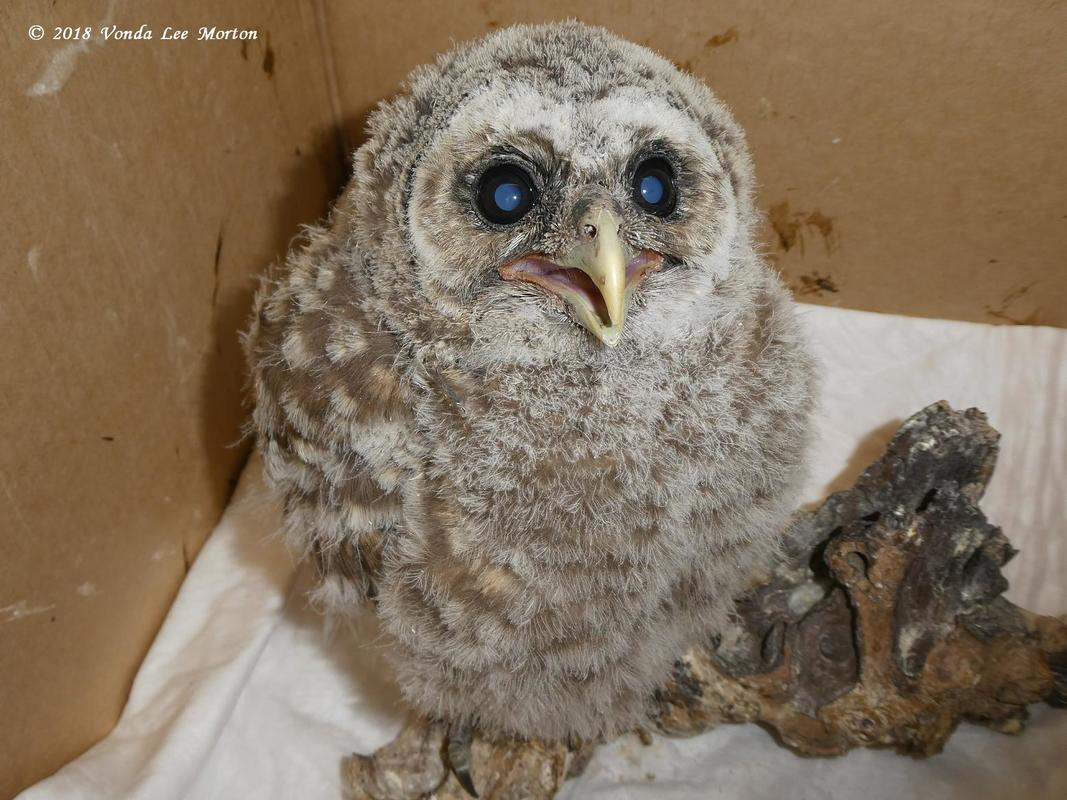
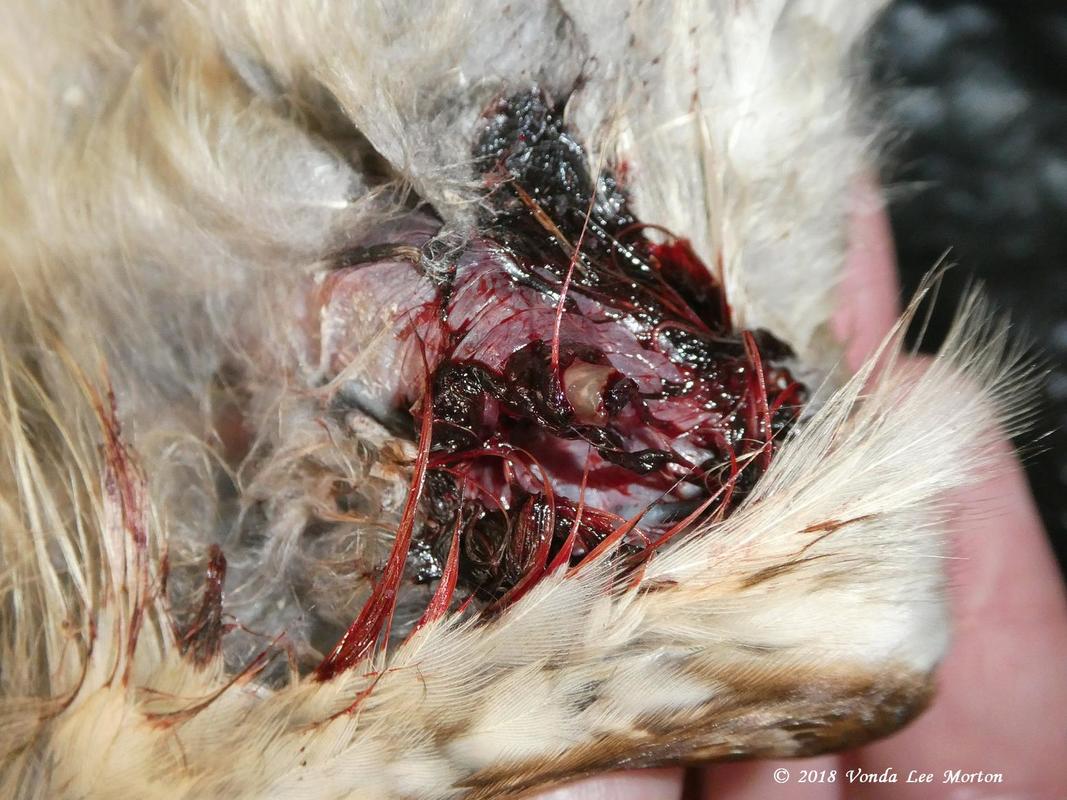
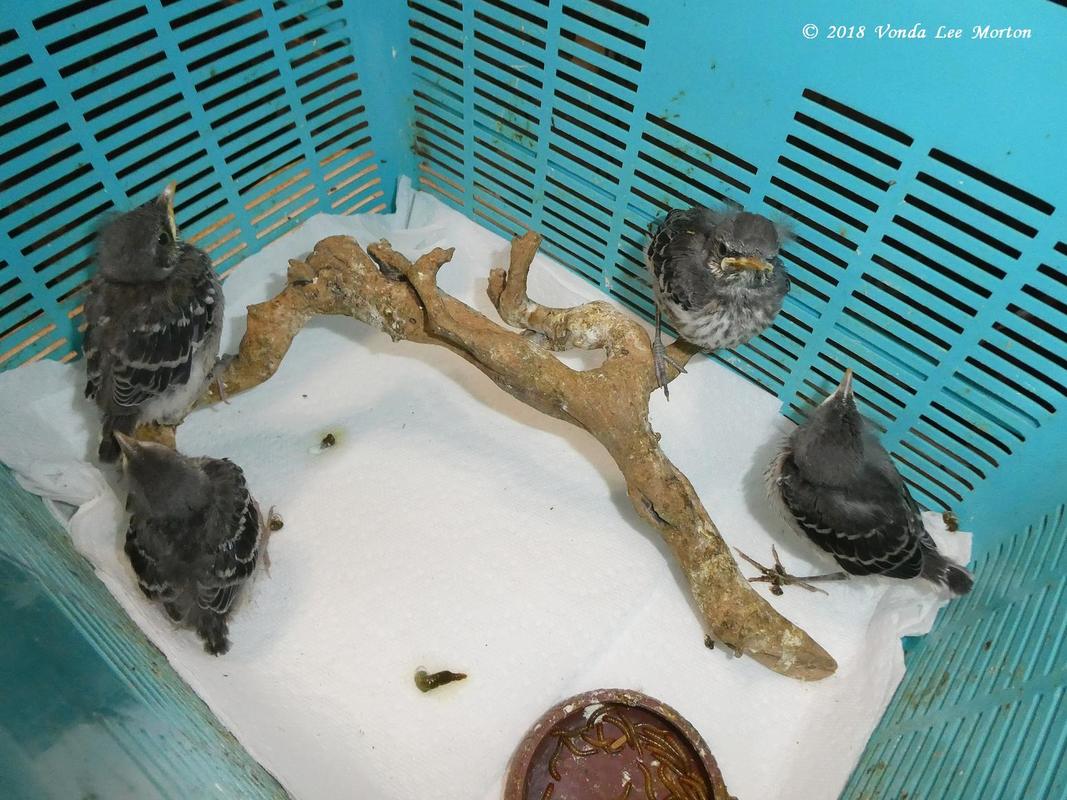
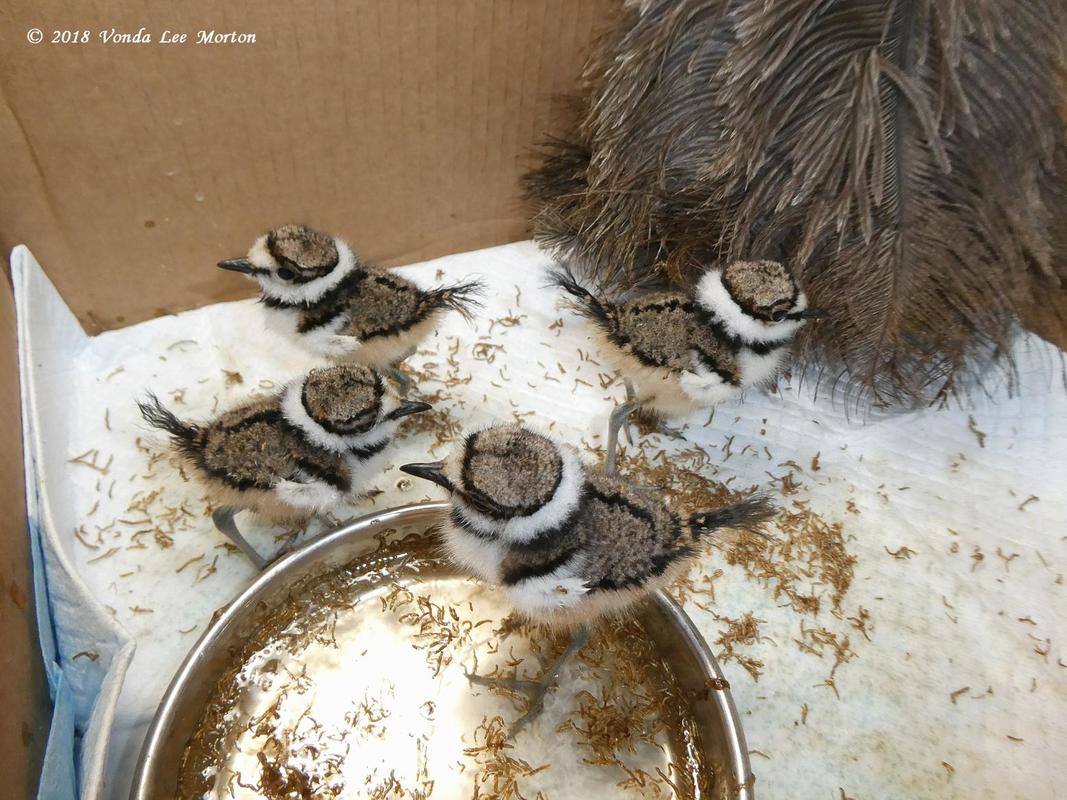
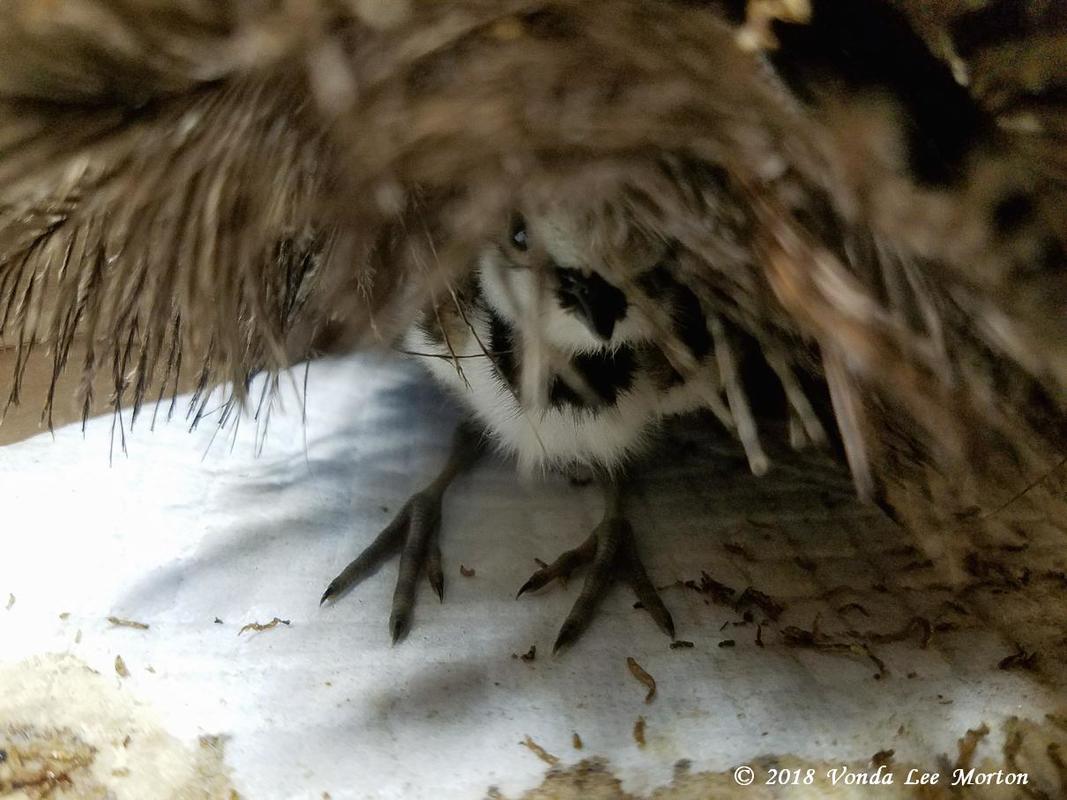
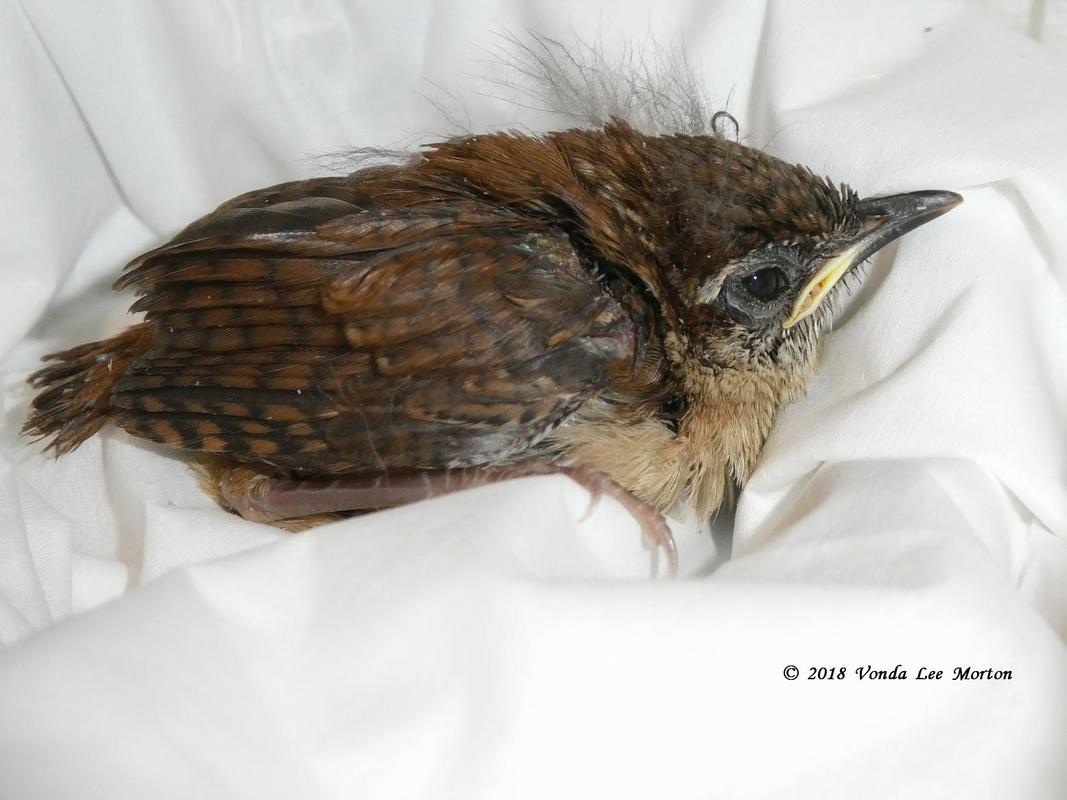
 RSS Feed
RSS Feed
